Real inspired acting
is never DOING,
it is always HAPPENING
Michael Chekhov
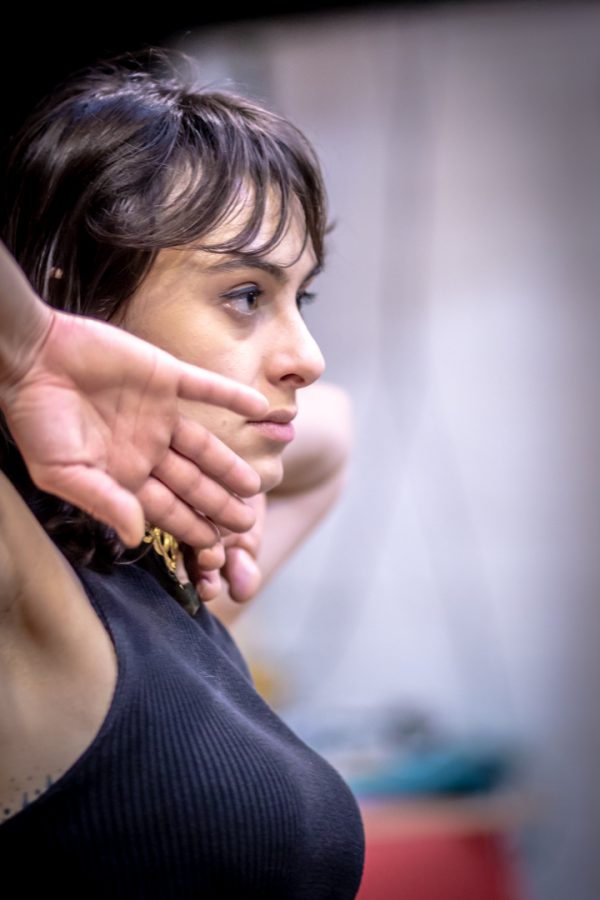
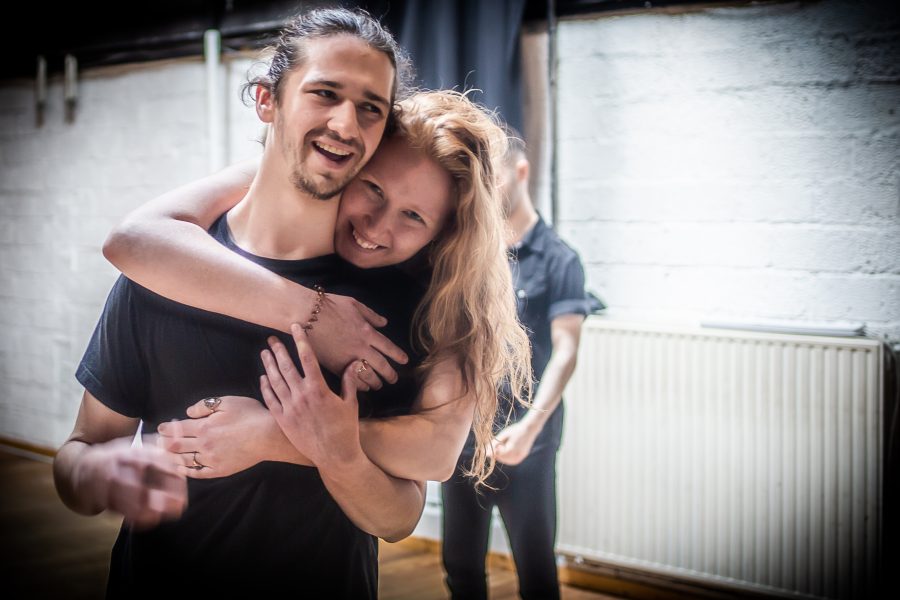
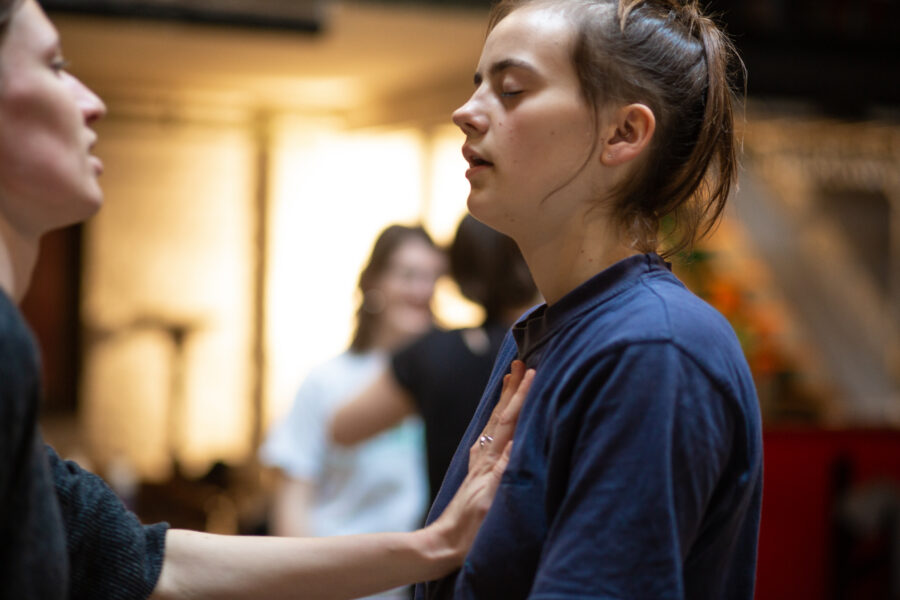
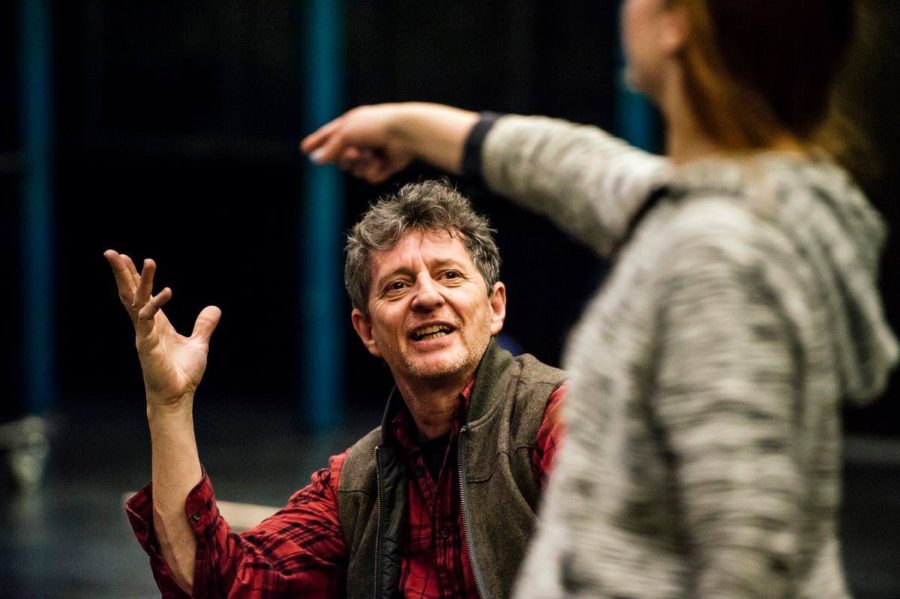
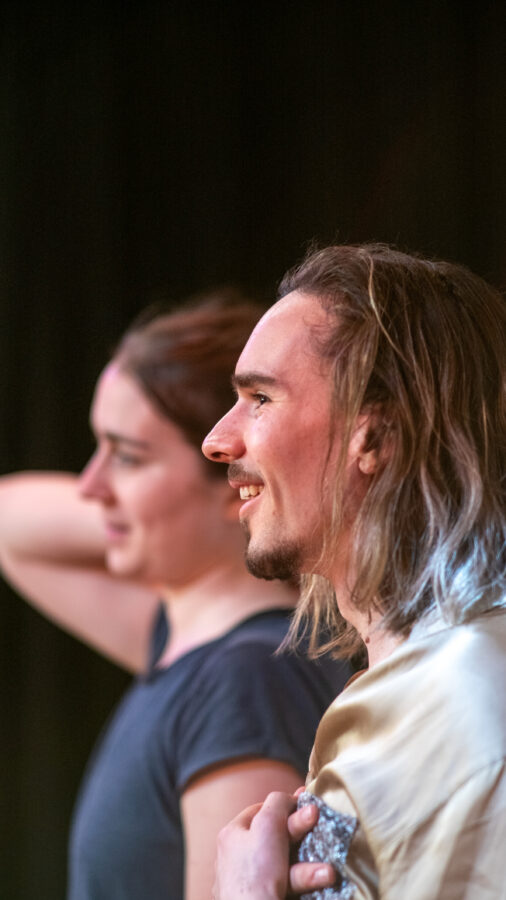
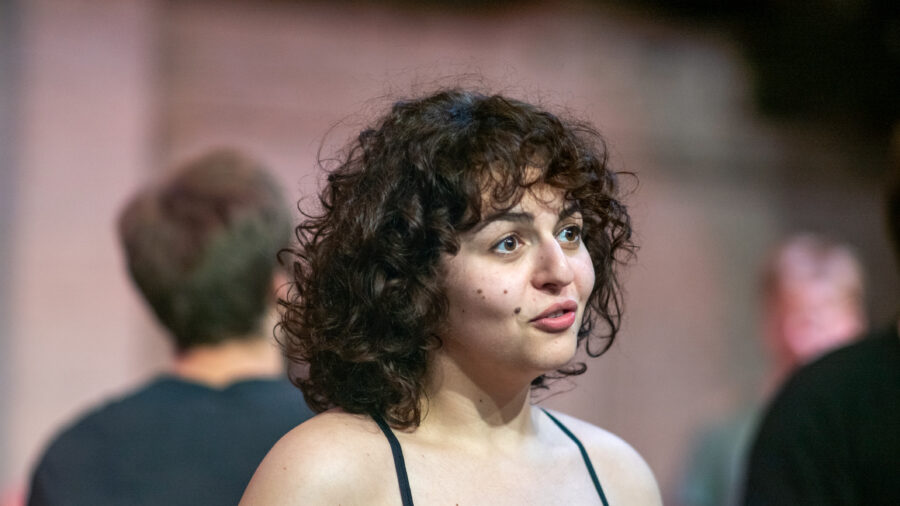
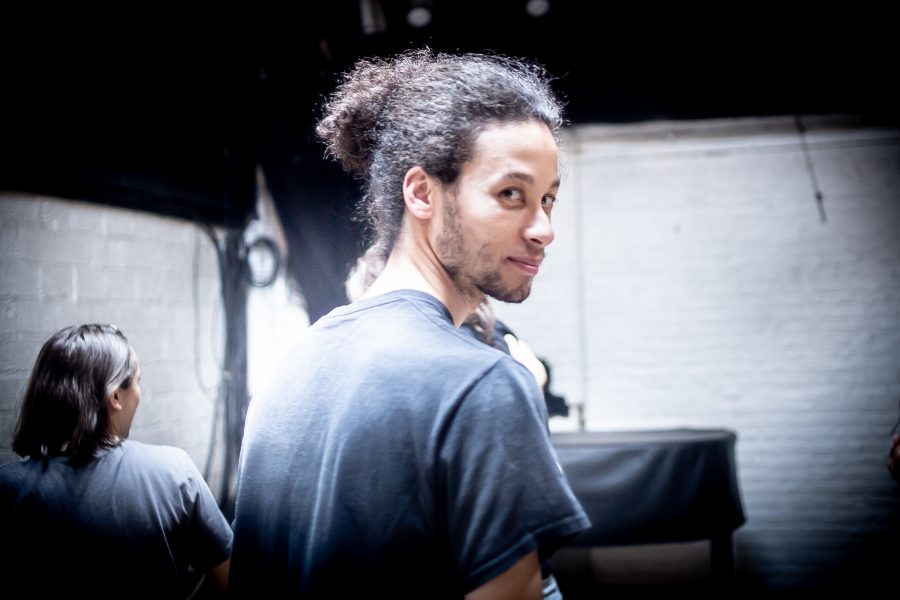
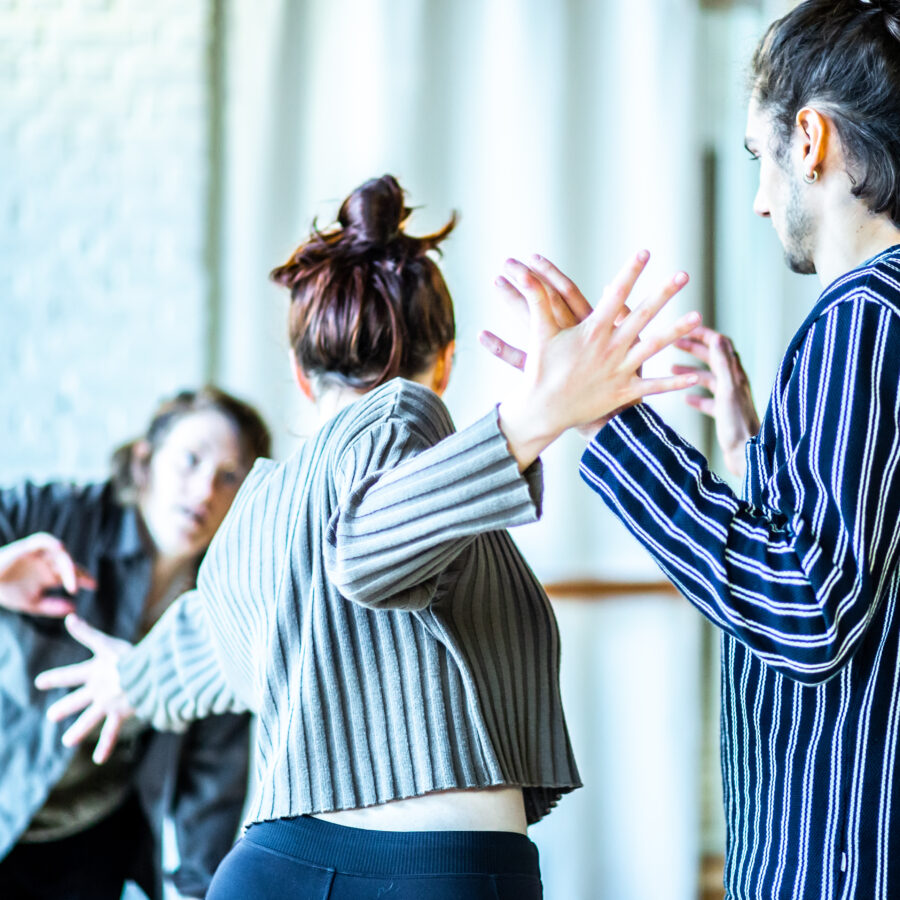
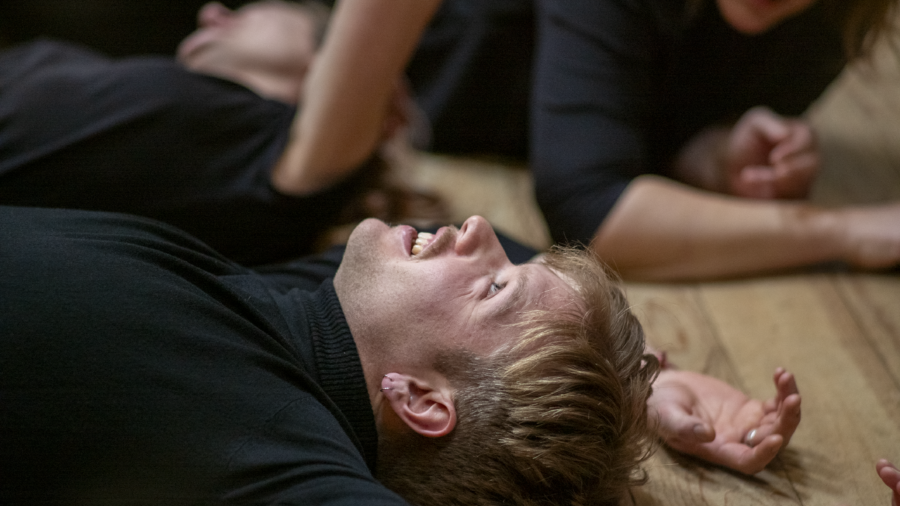
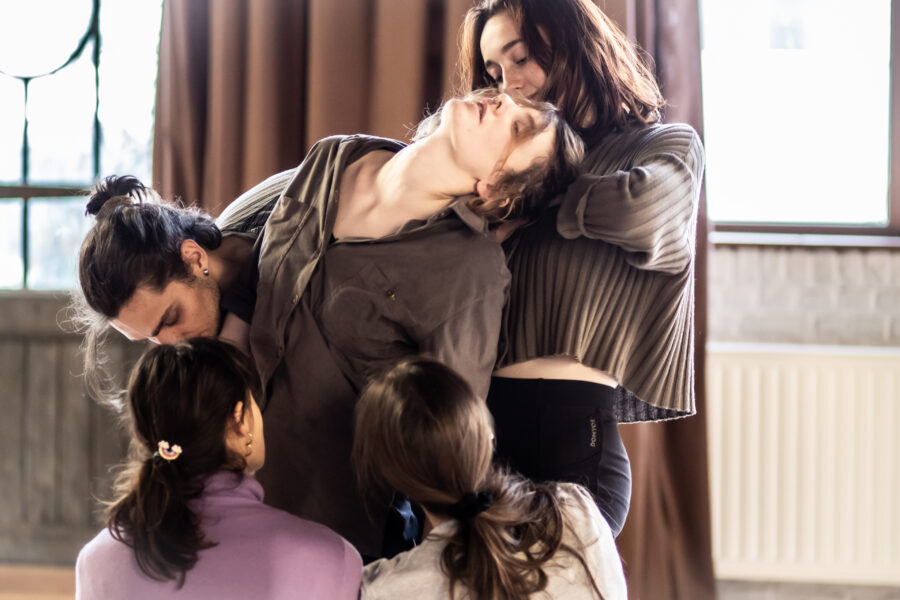
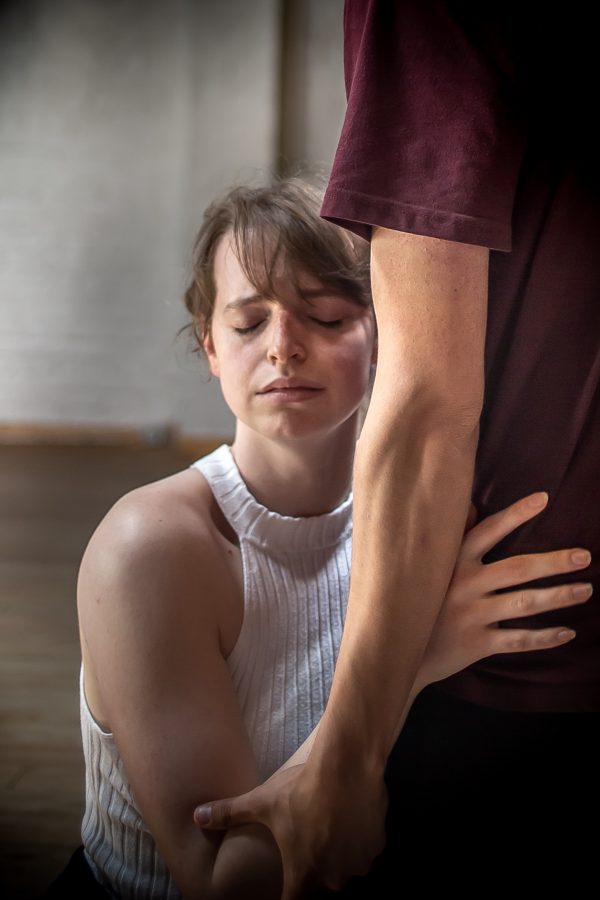
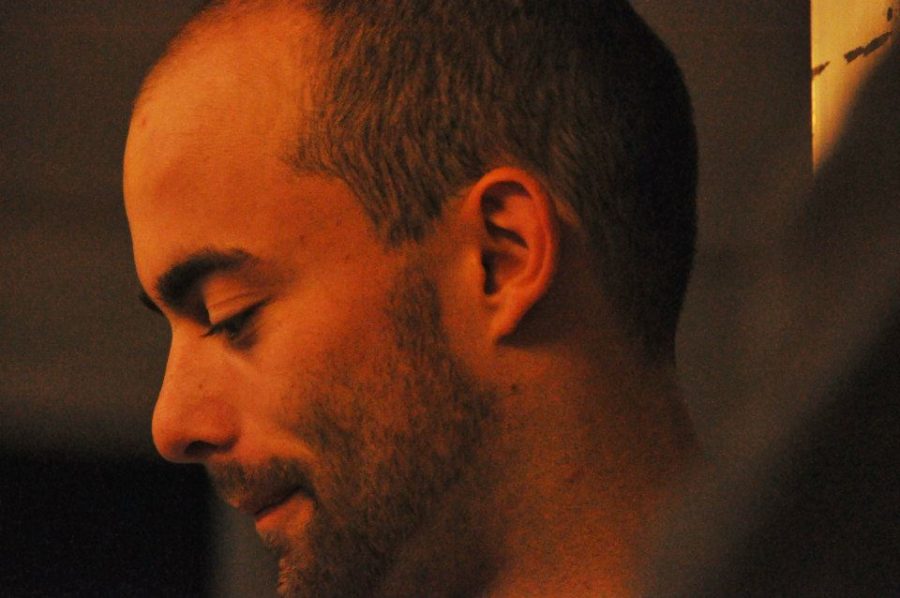
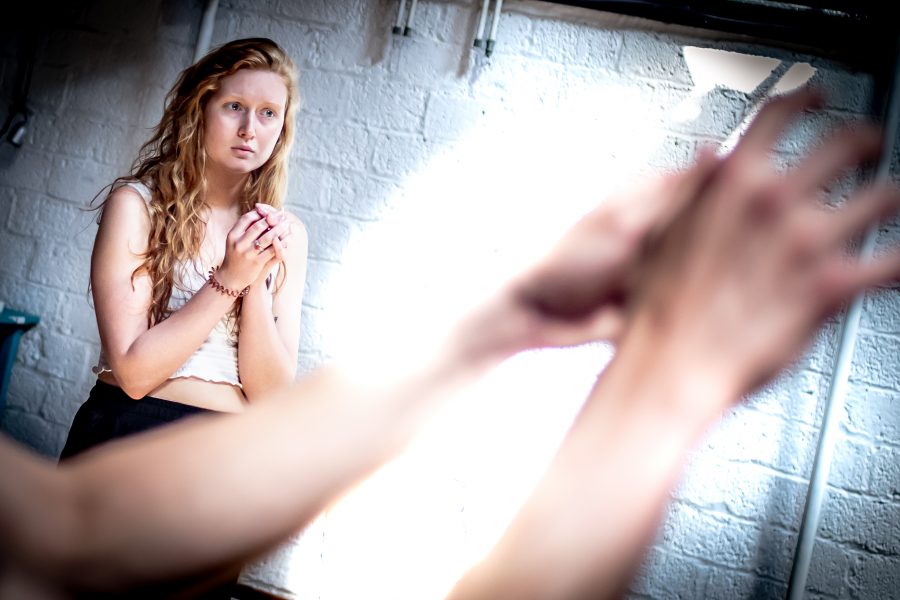
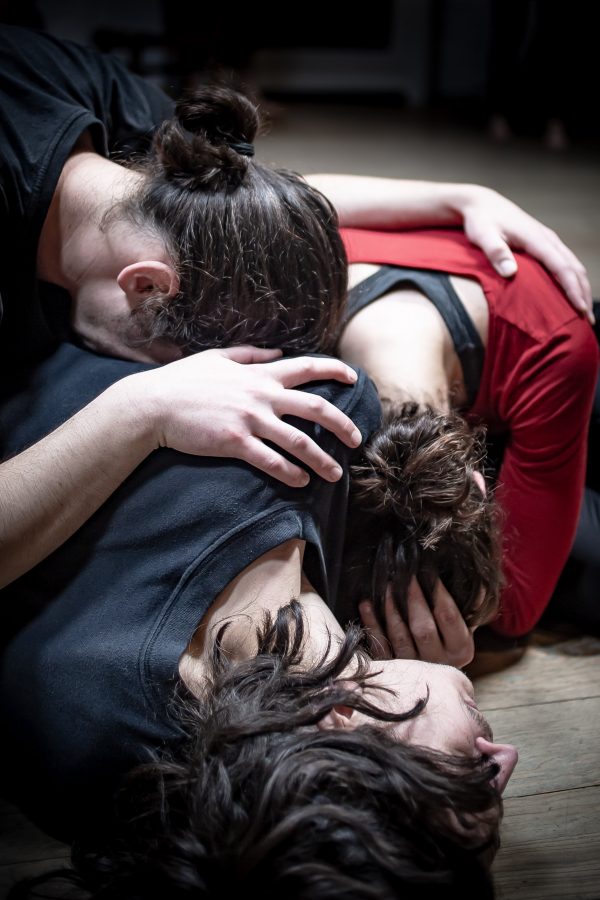
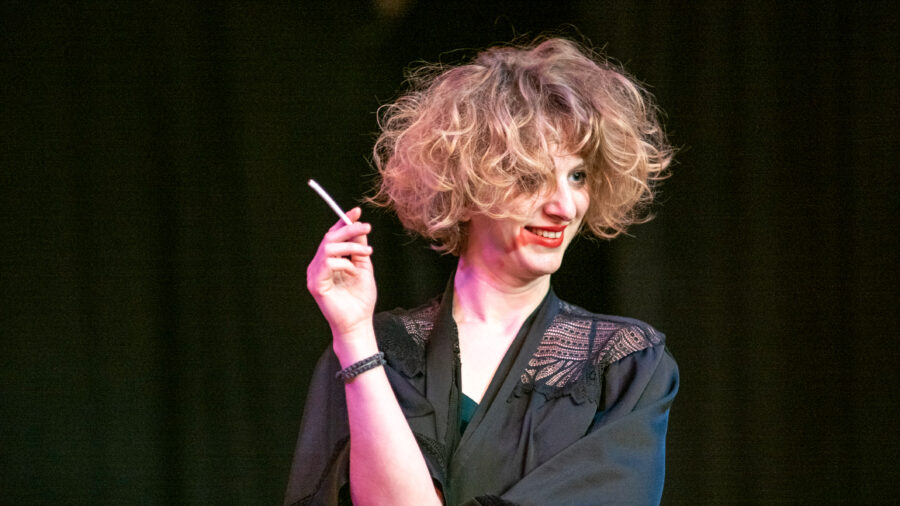
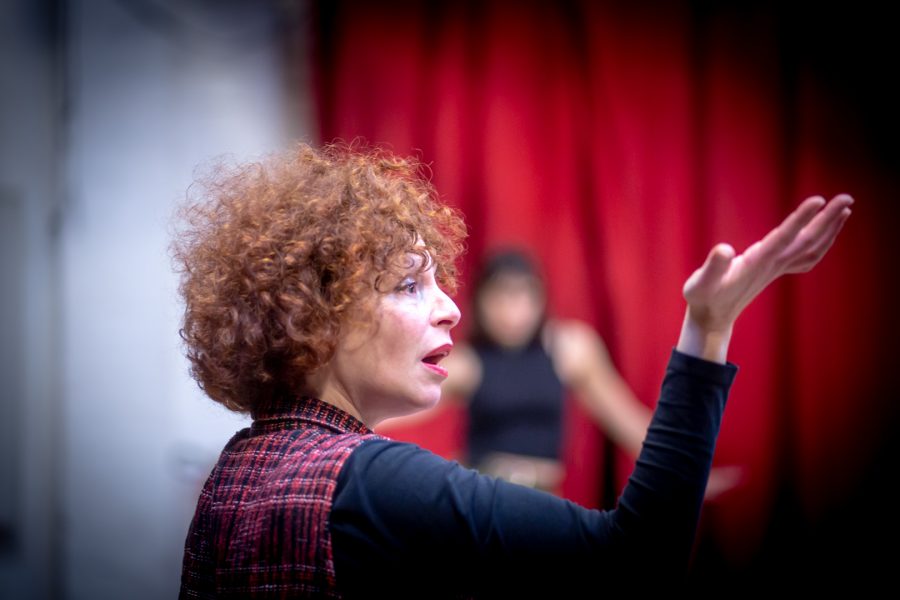
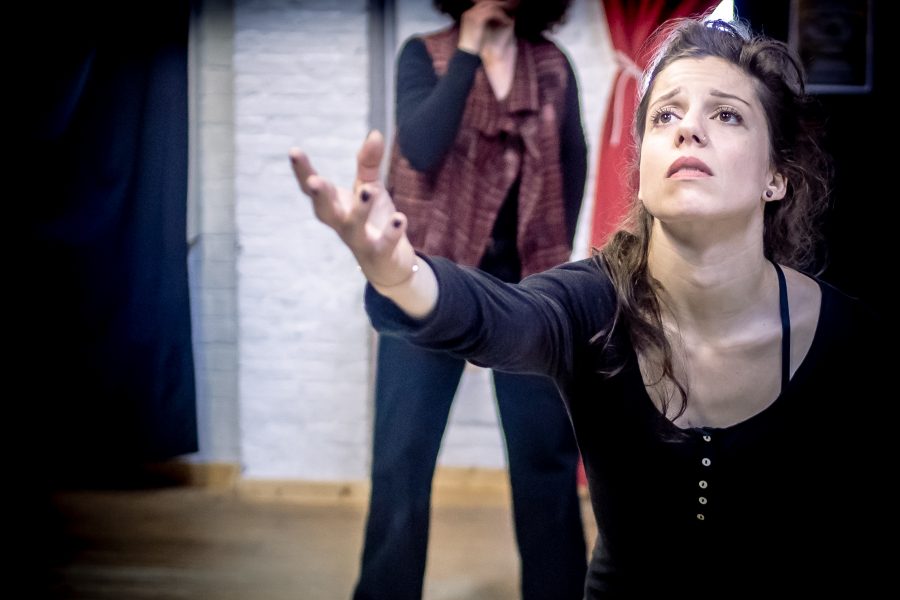
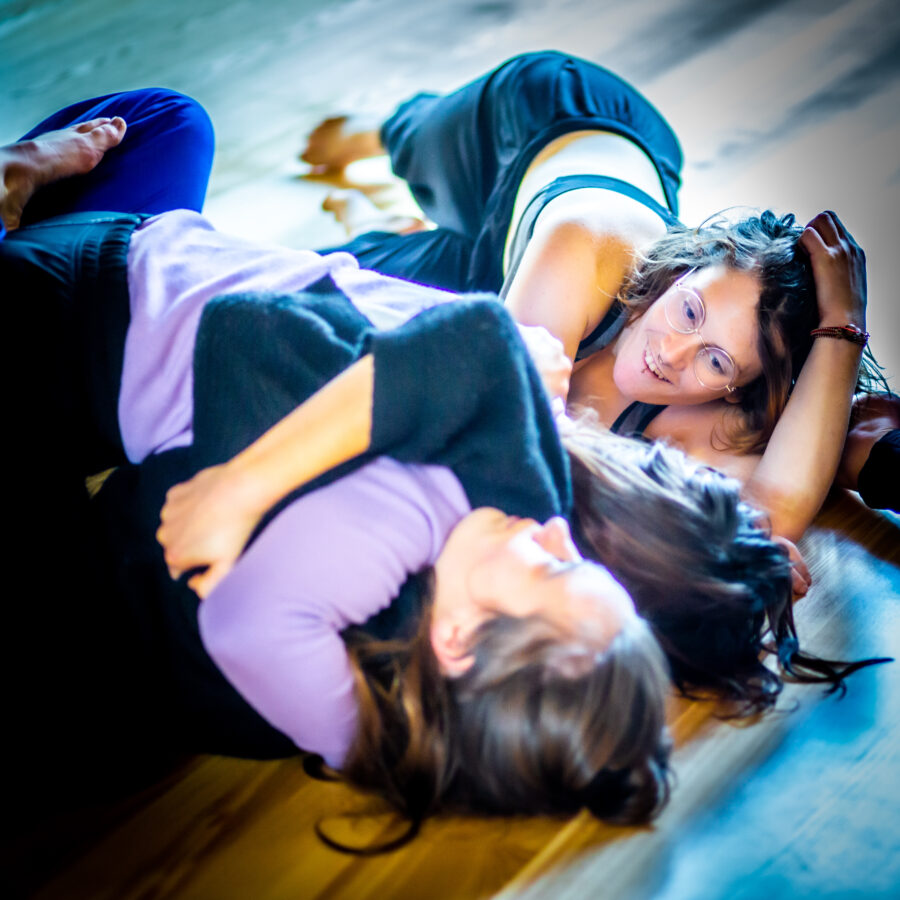
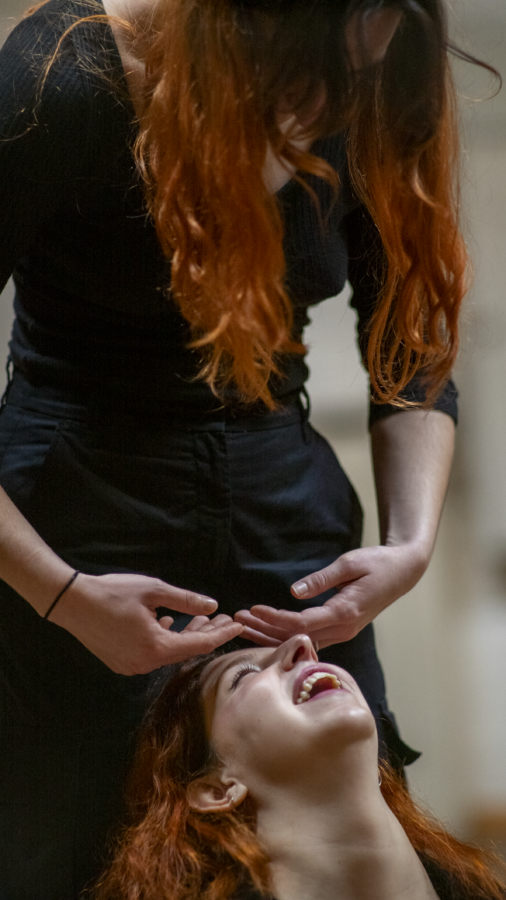
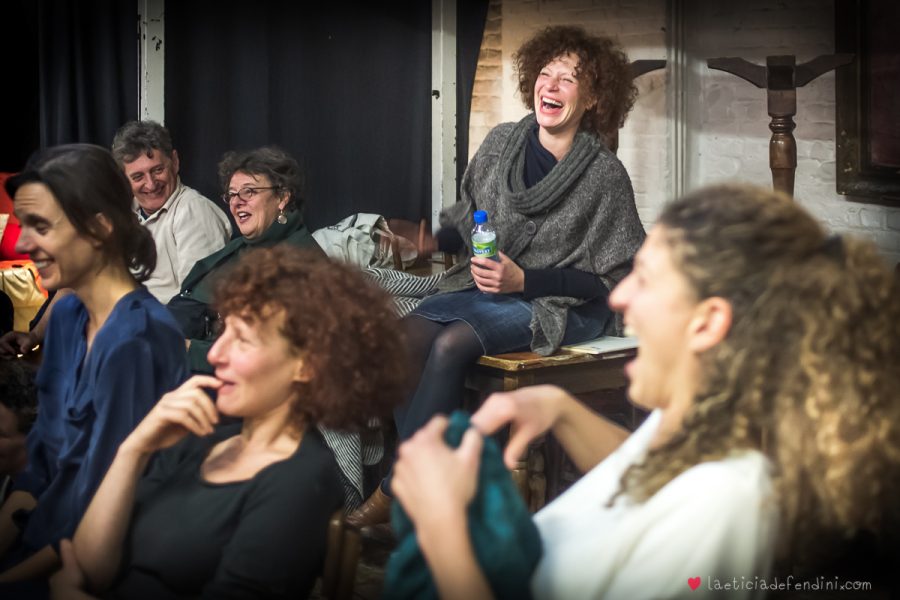
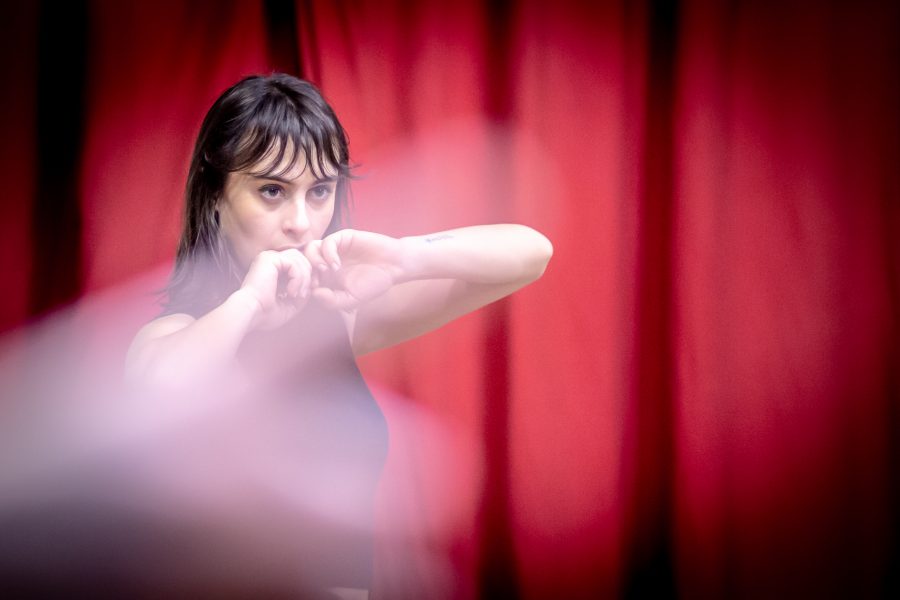
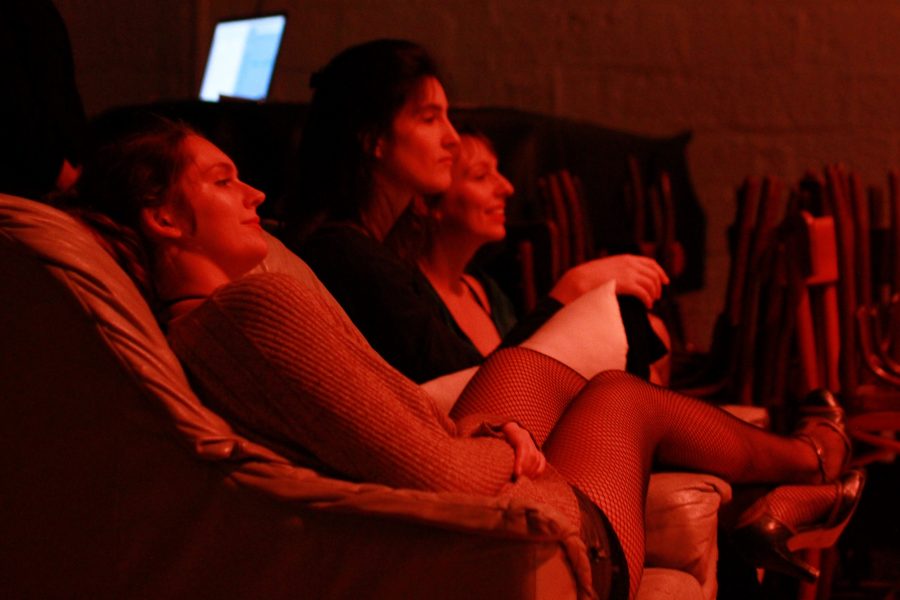
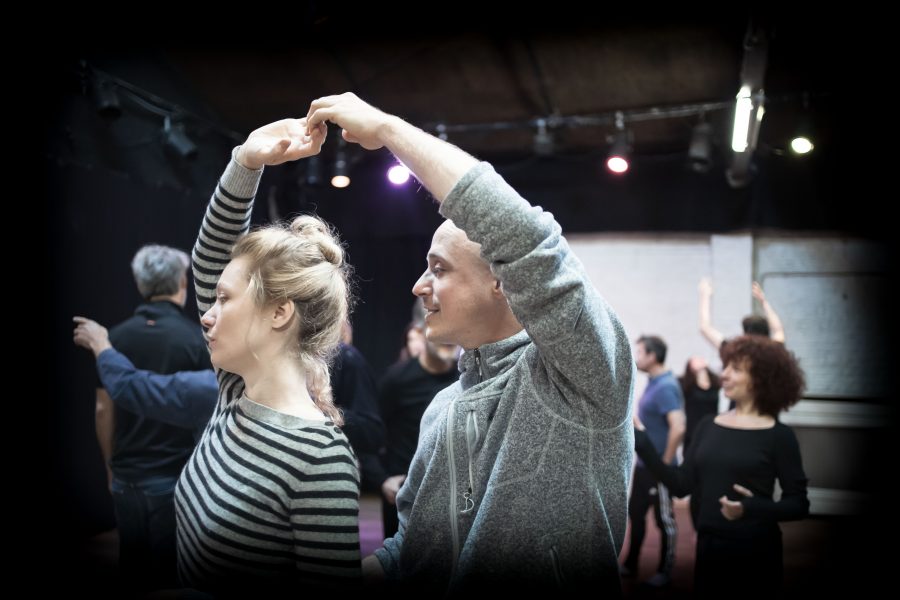
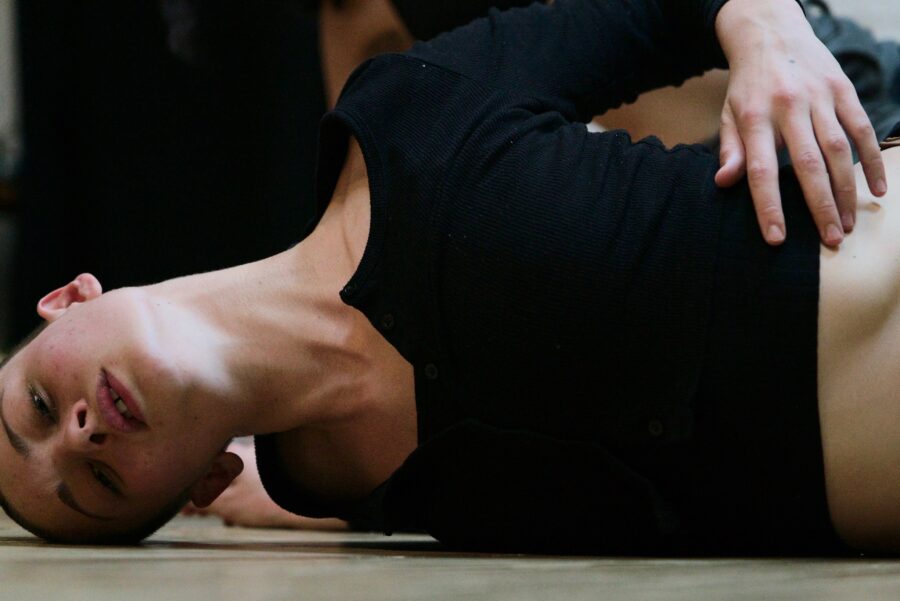
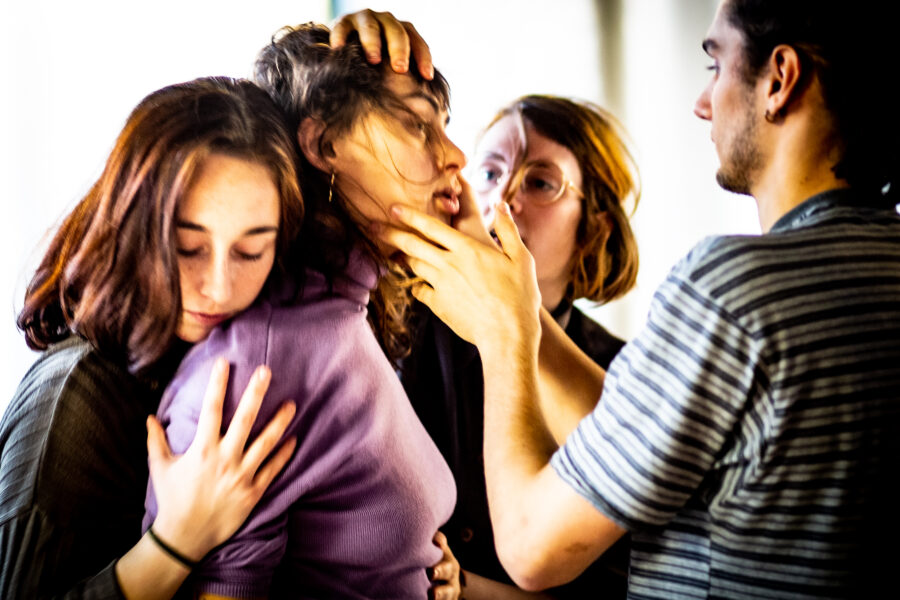
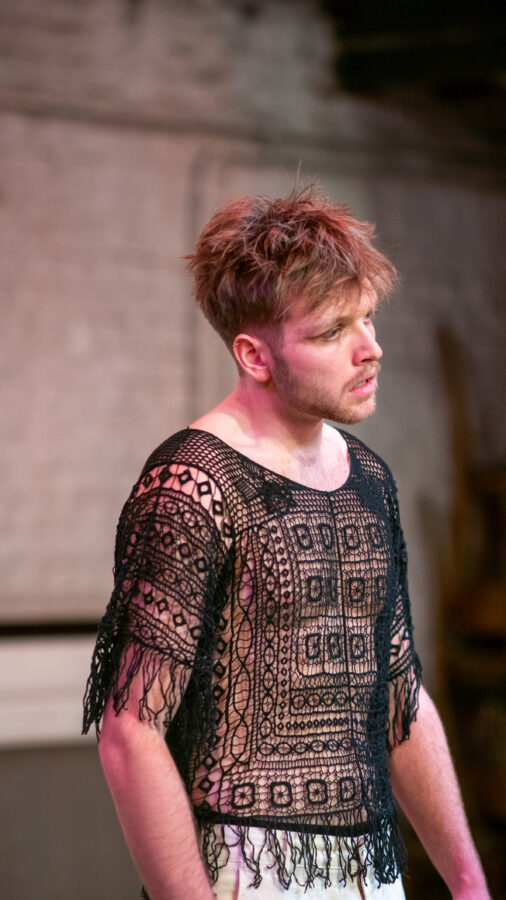
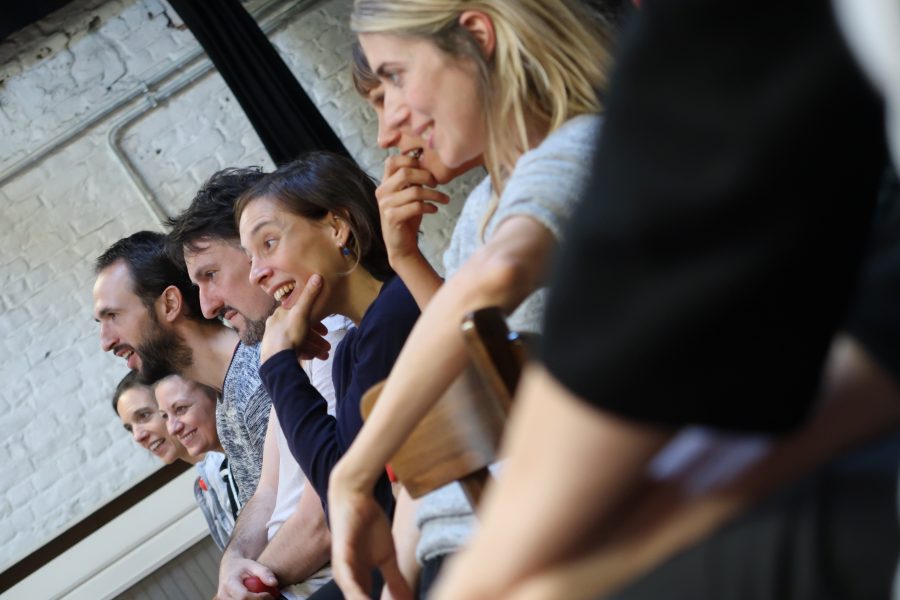
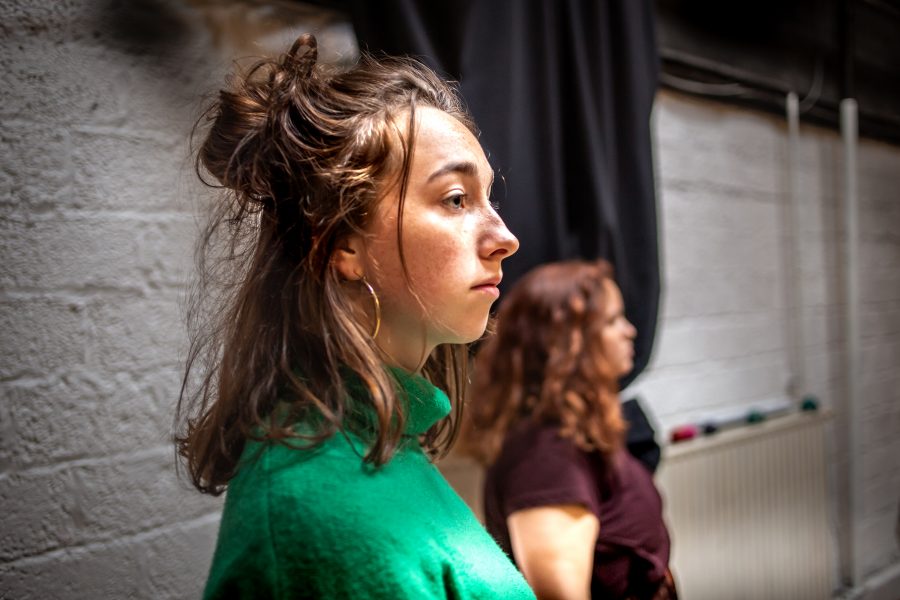
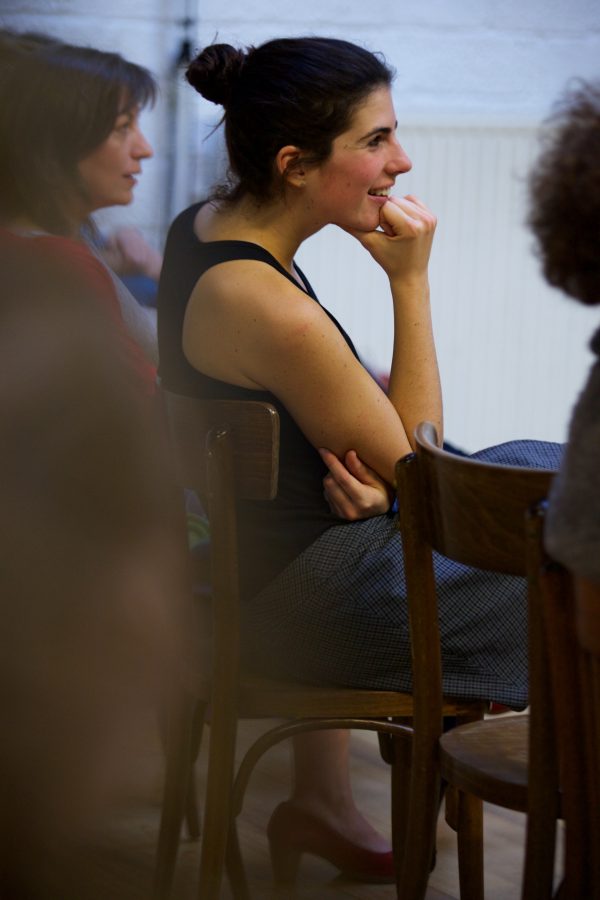
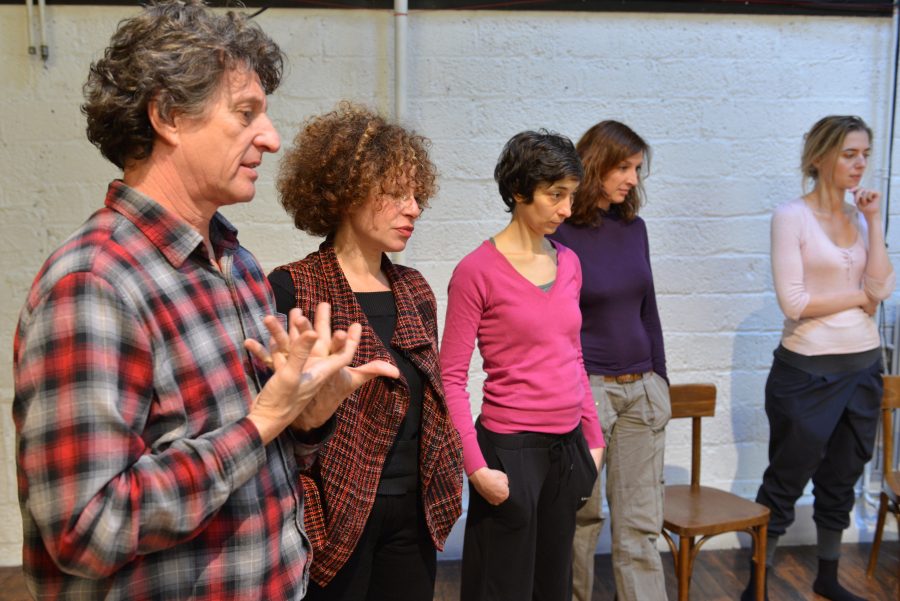
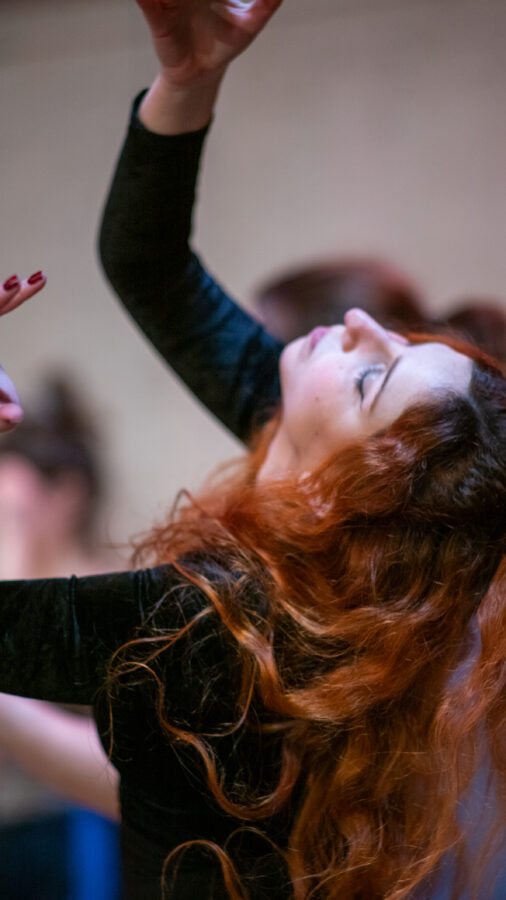
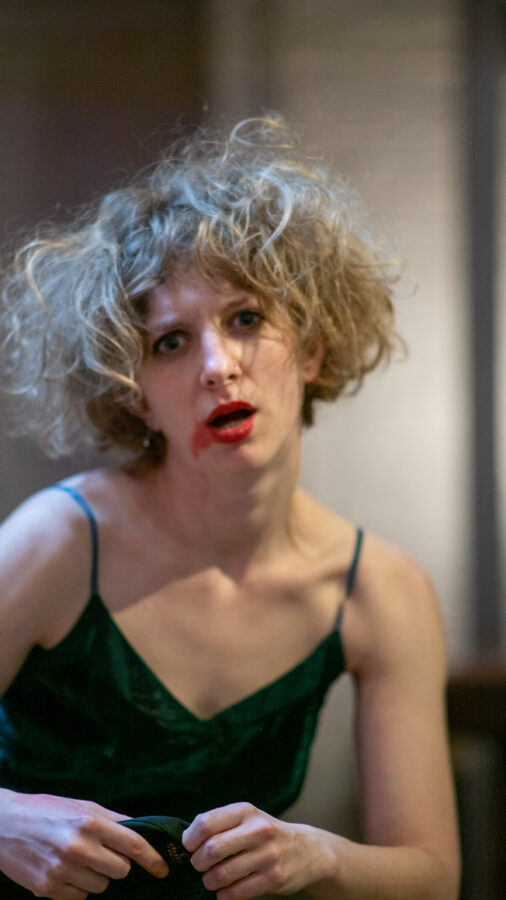
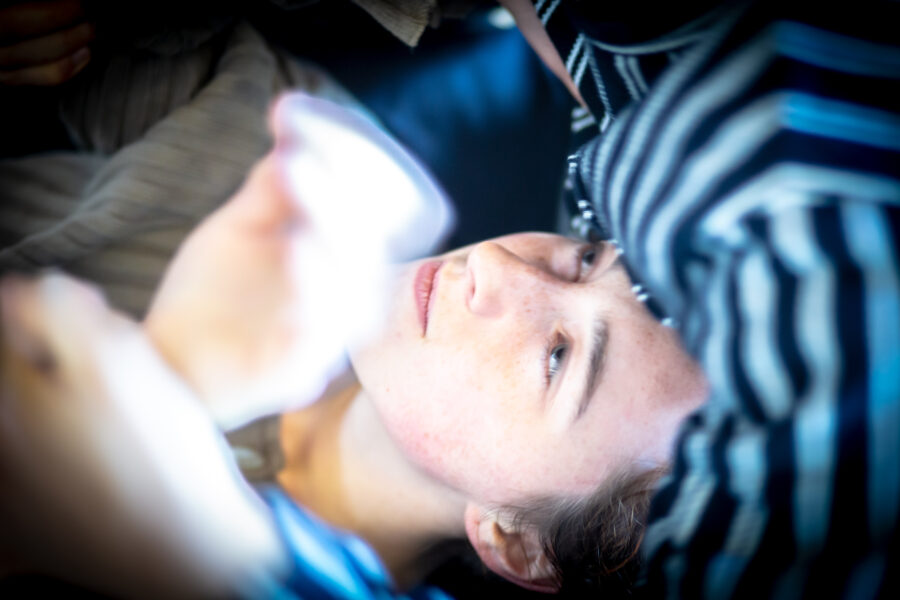
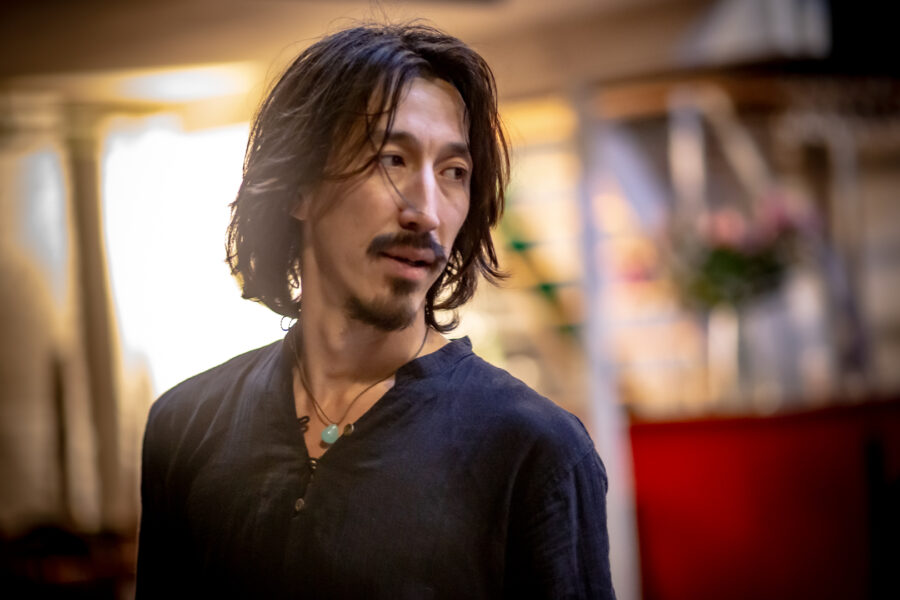
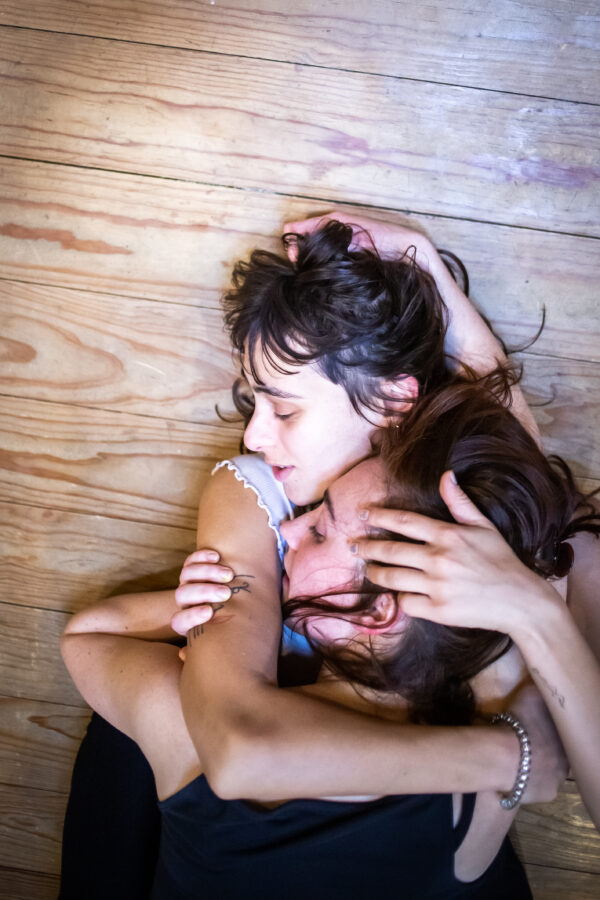
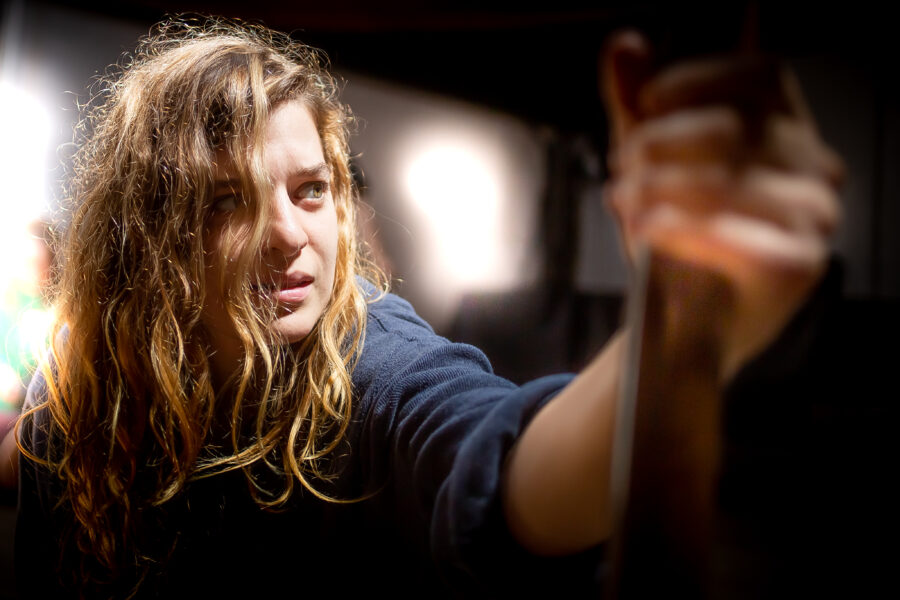
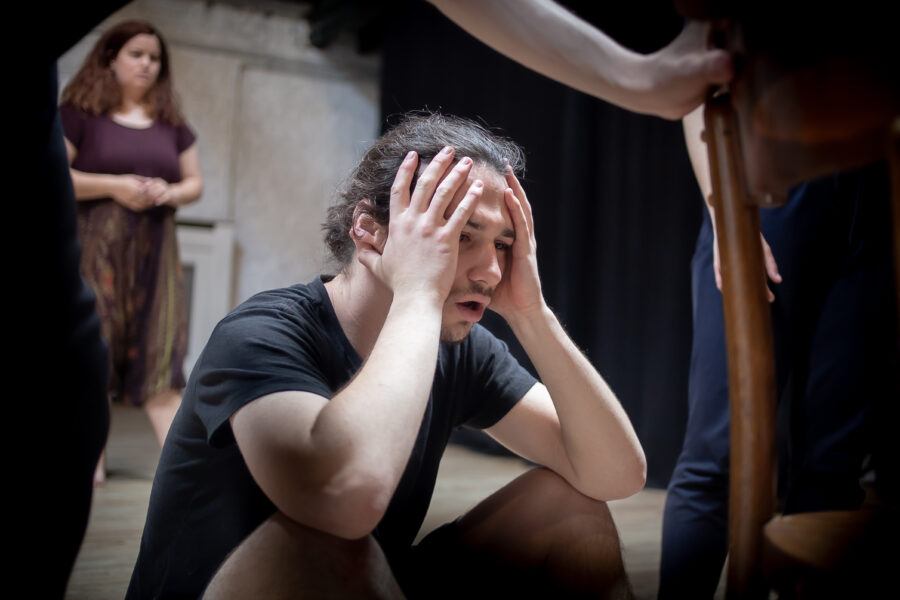
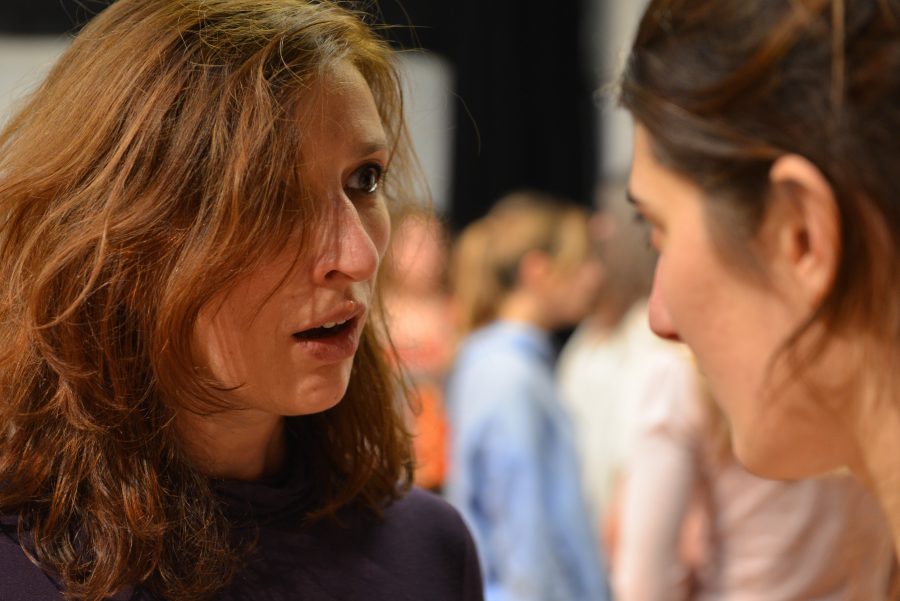
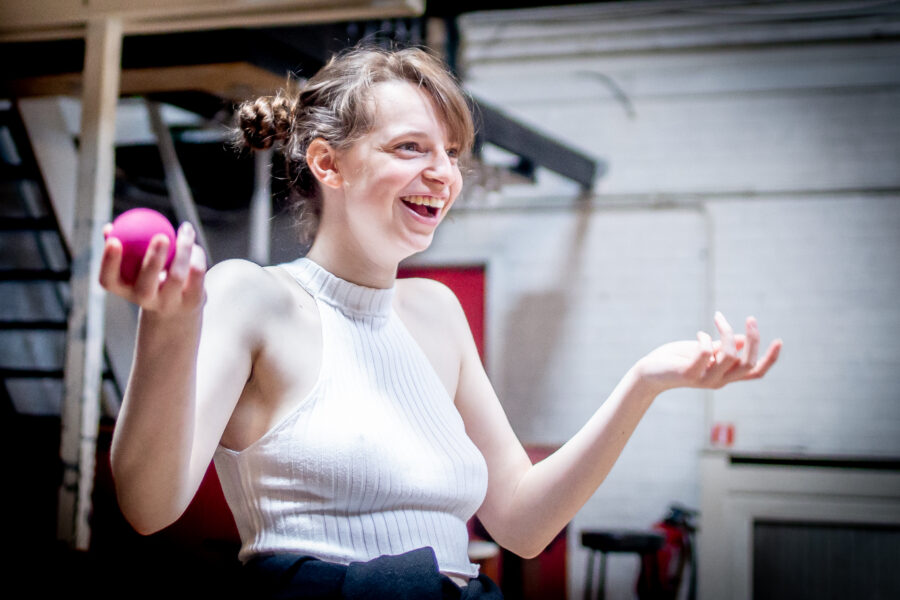
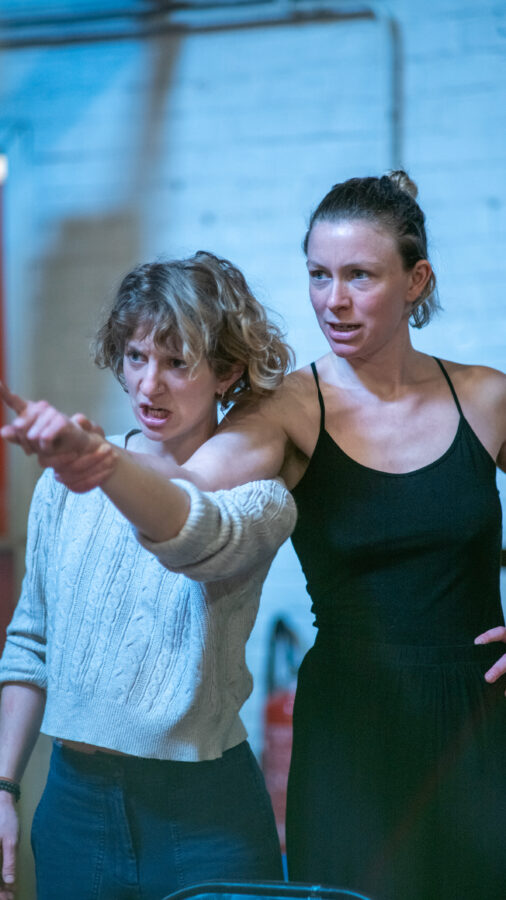
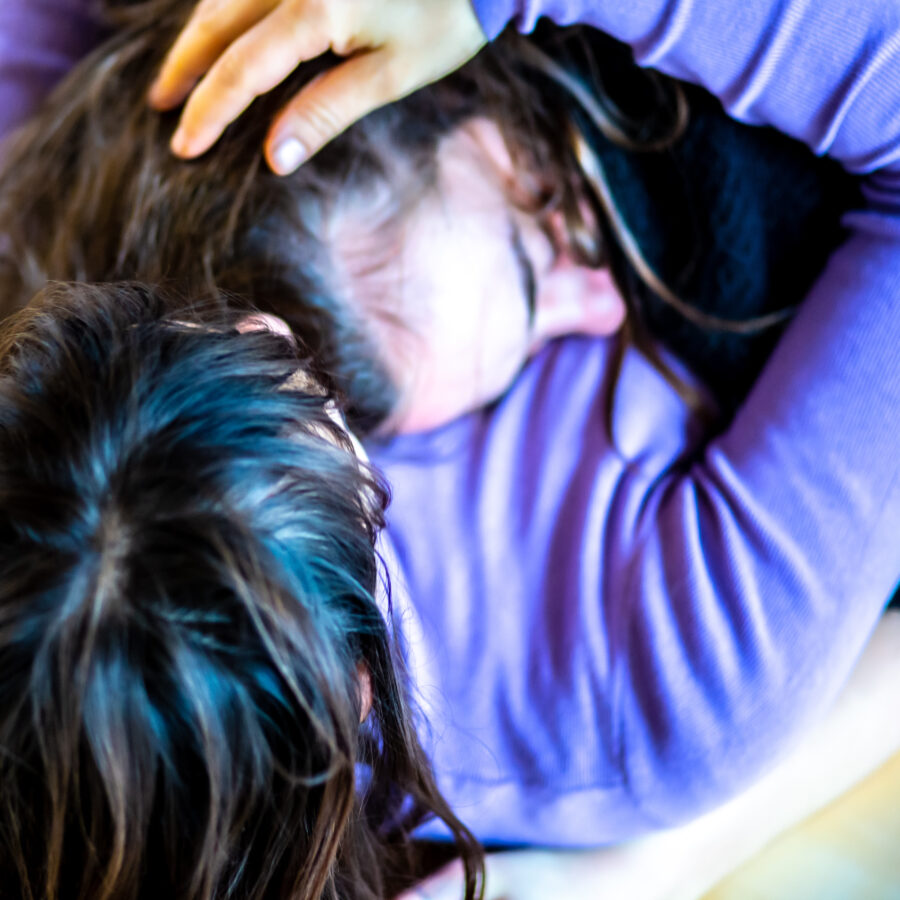
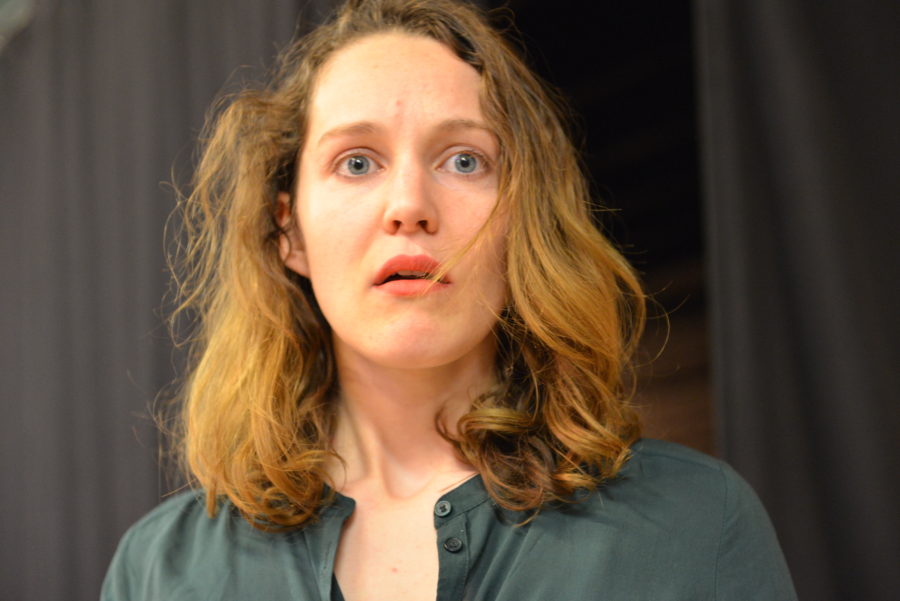
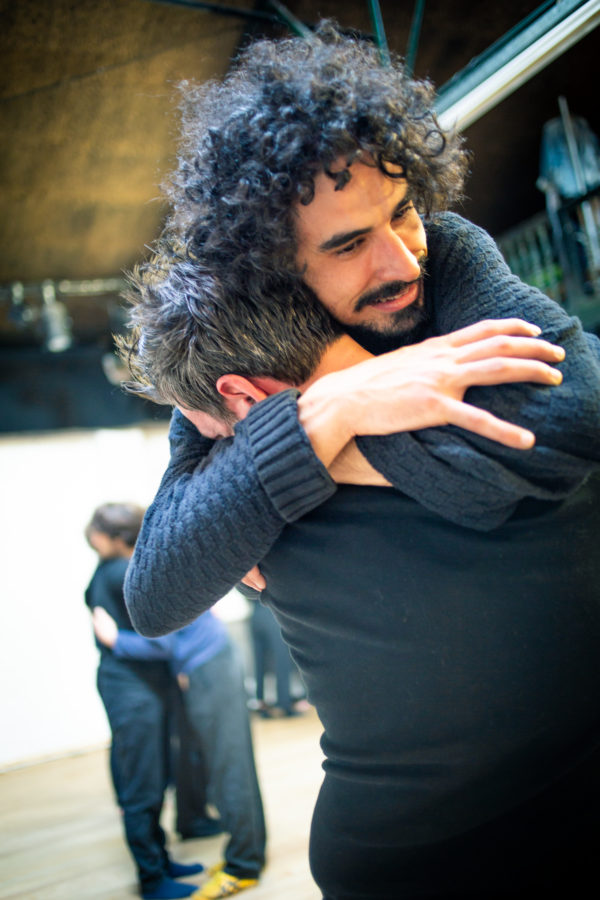
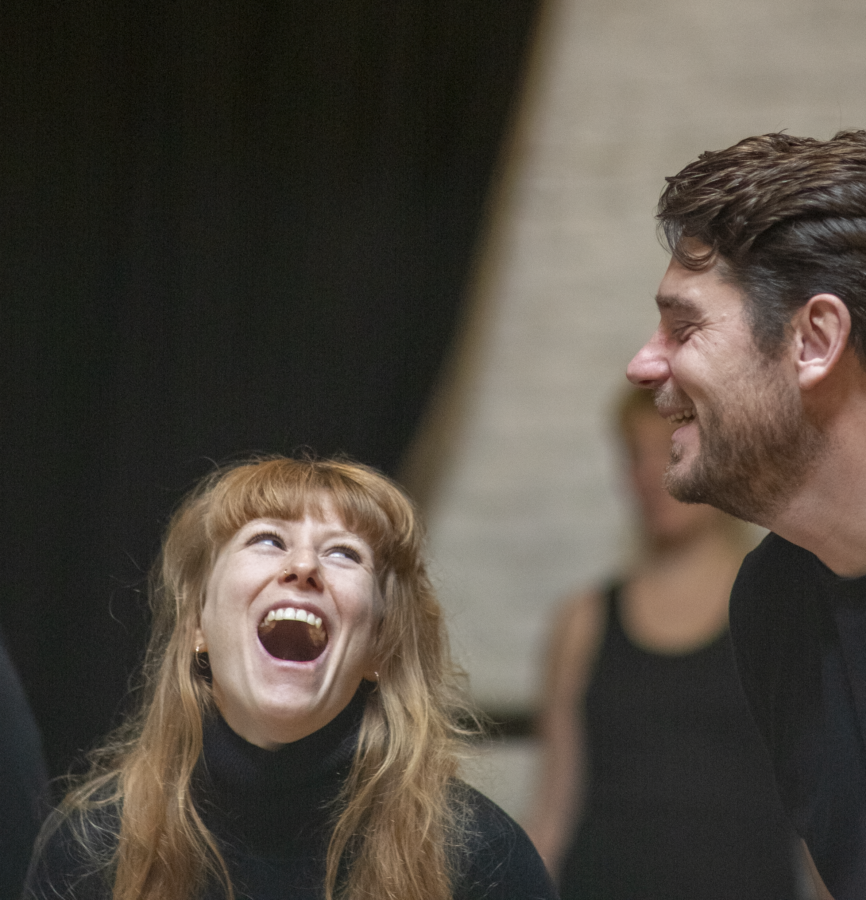
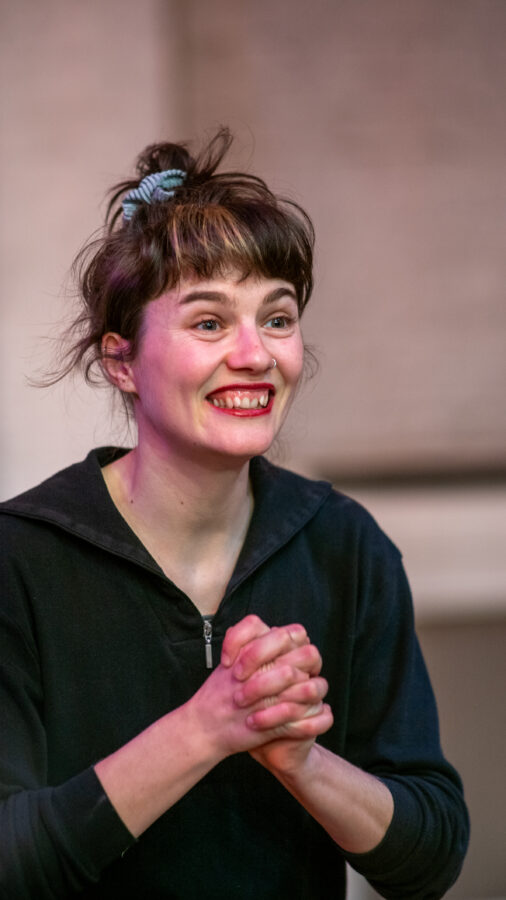
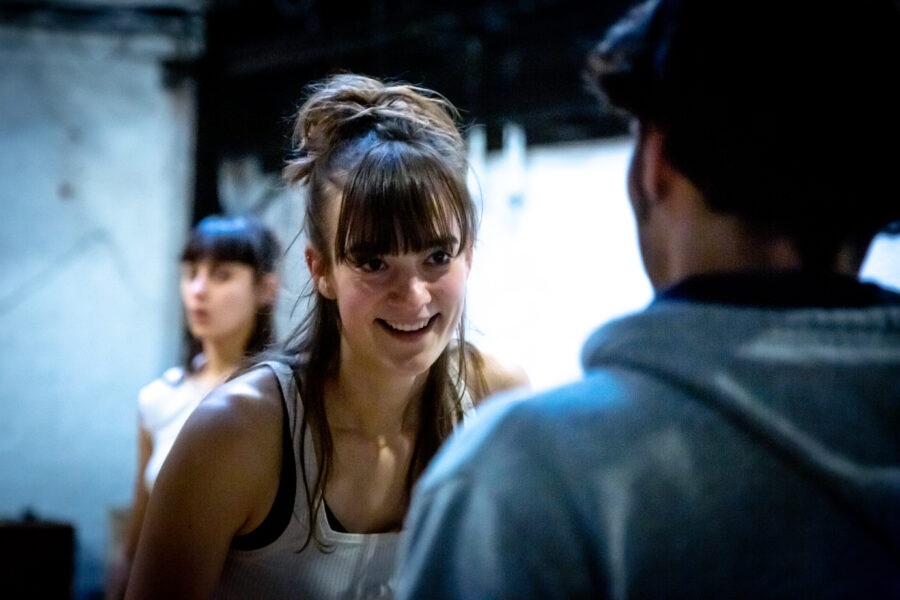
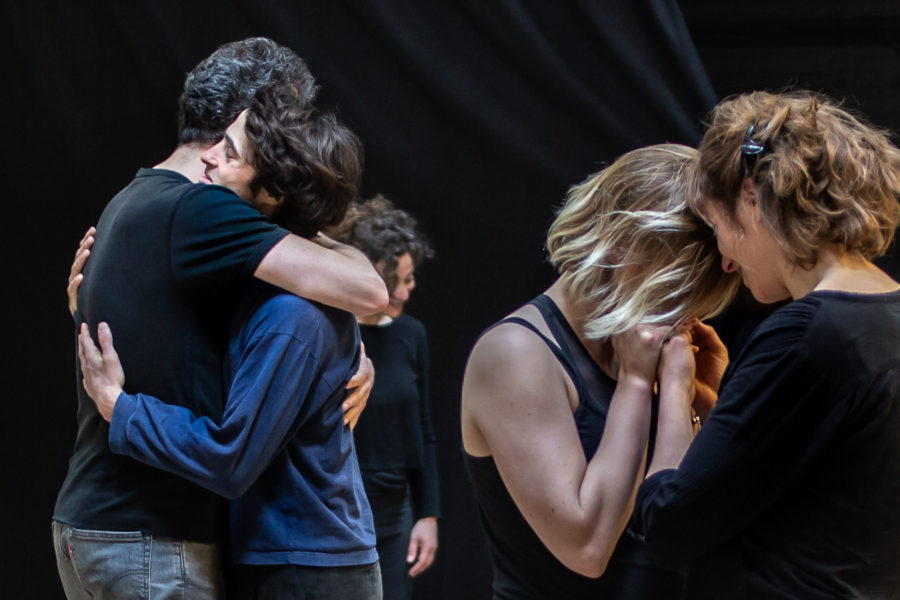
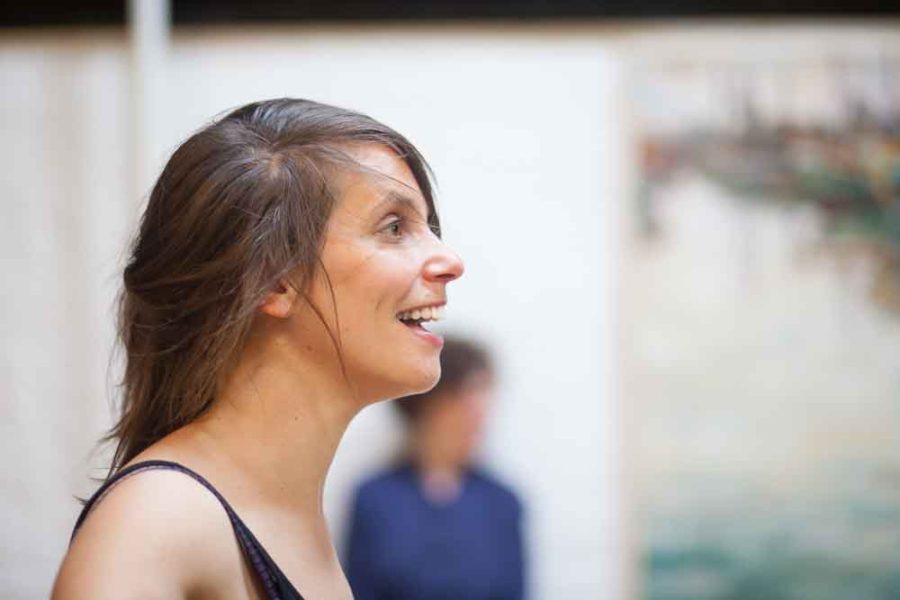
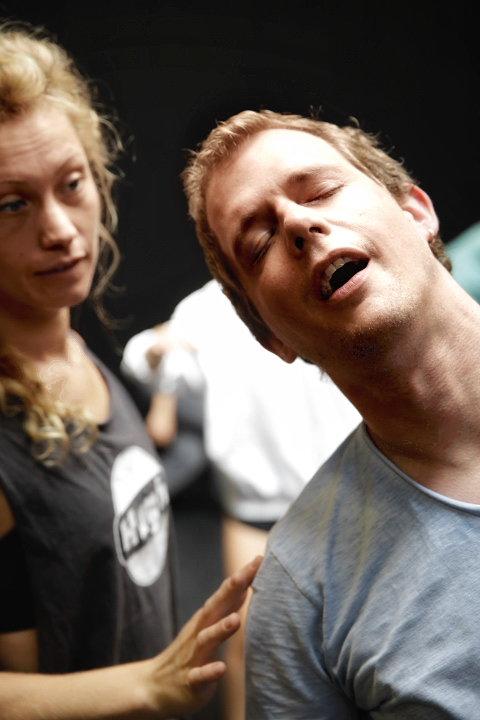
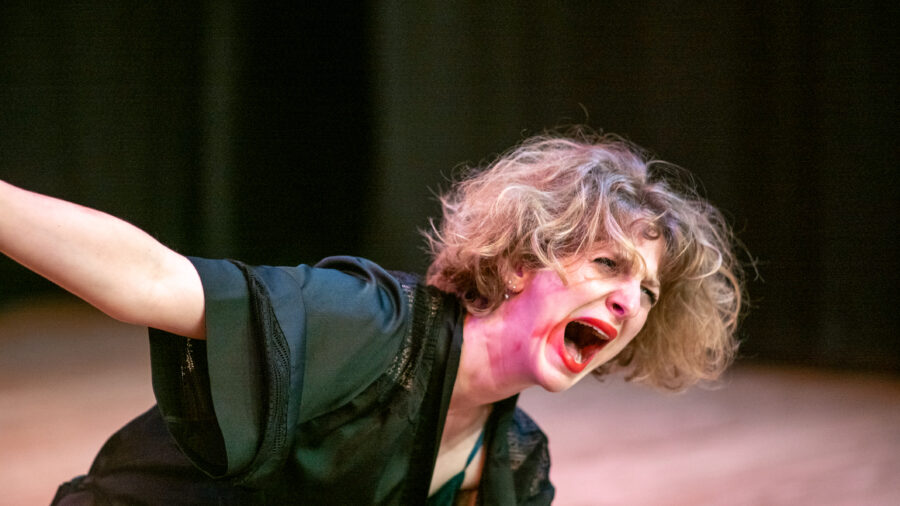
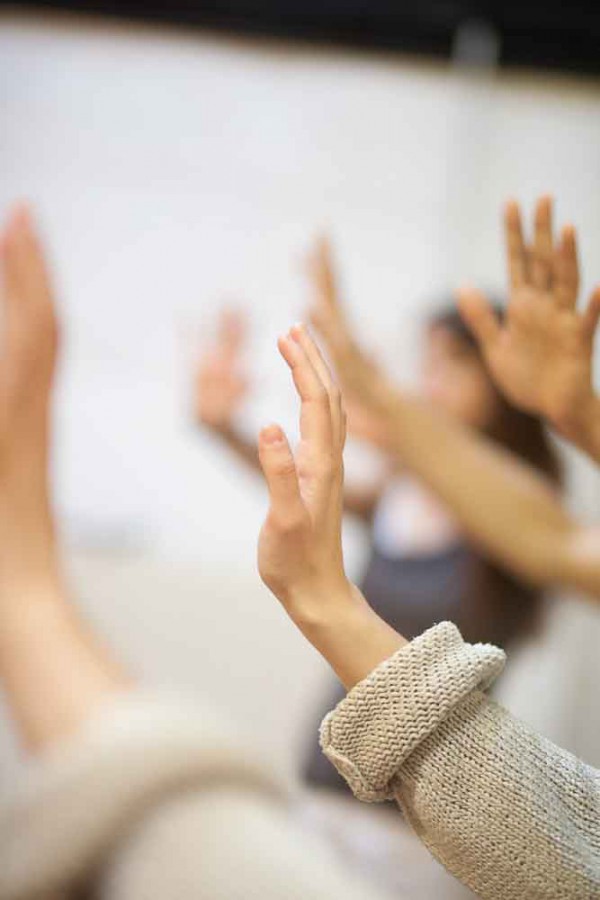
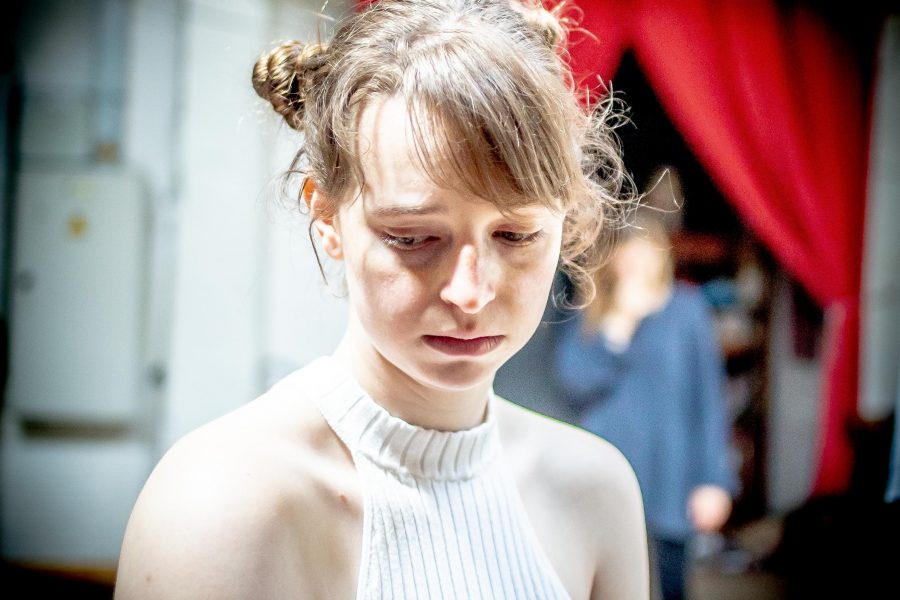
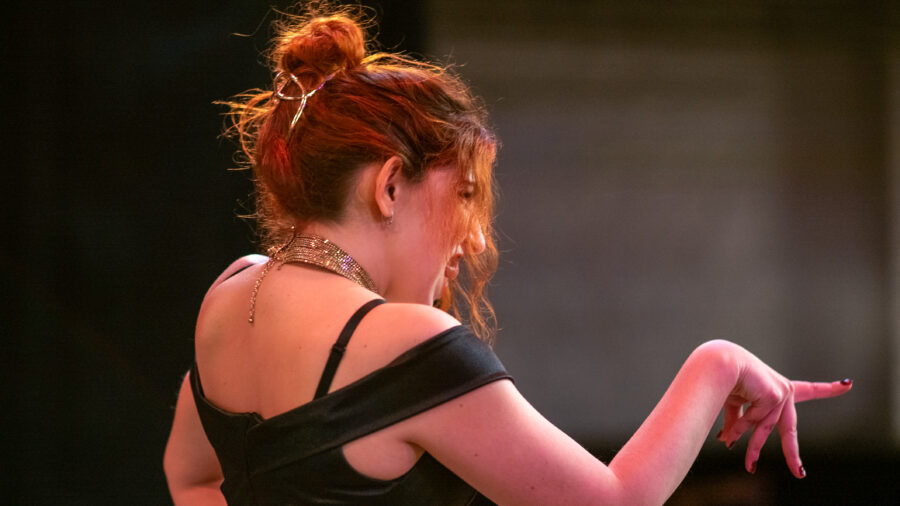
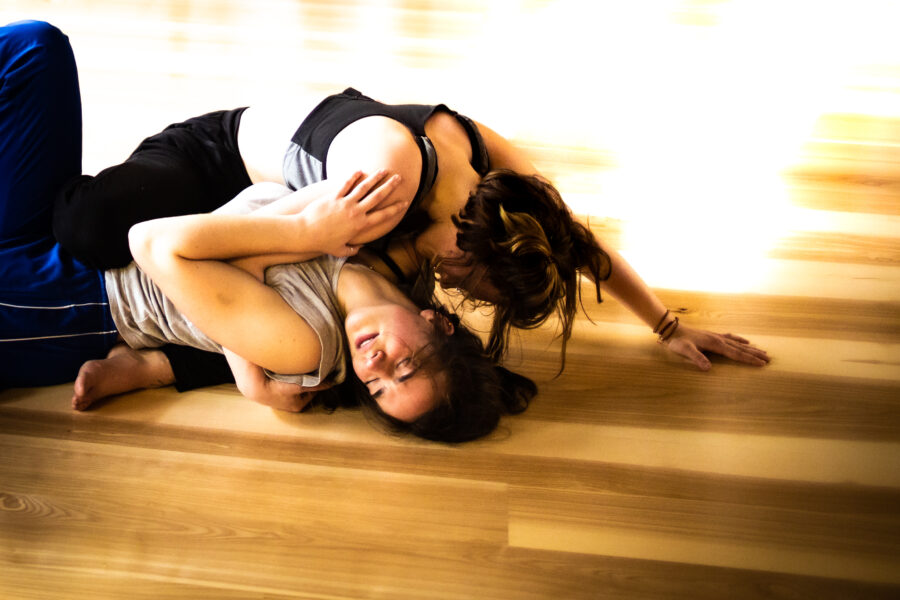
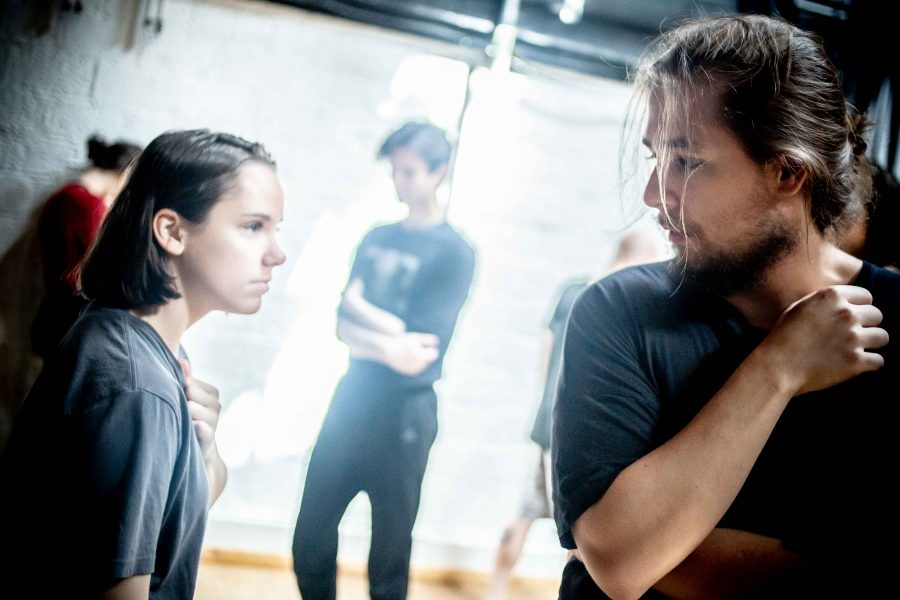
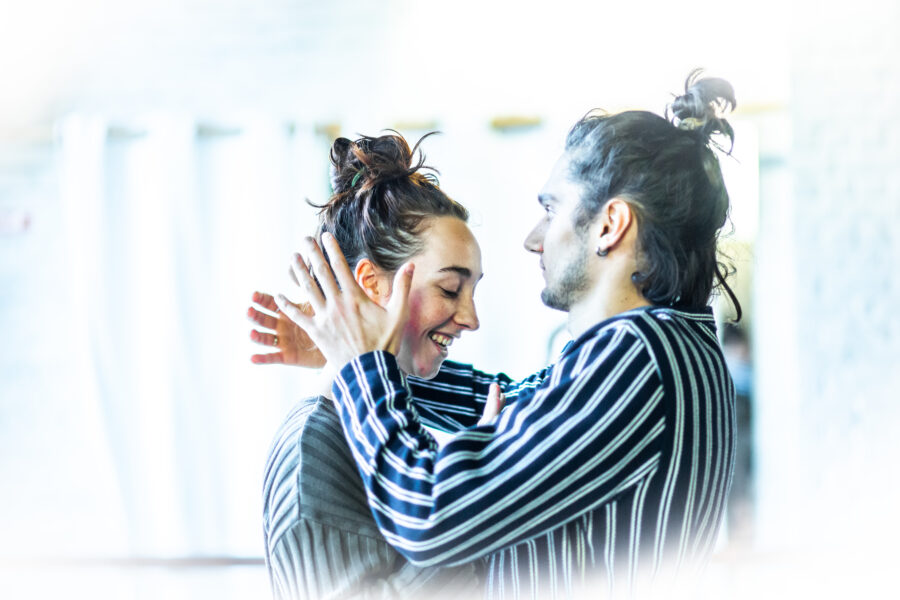
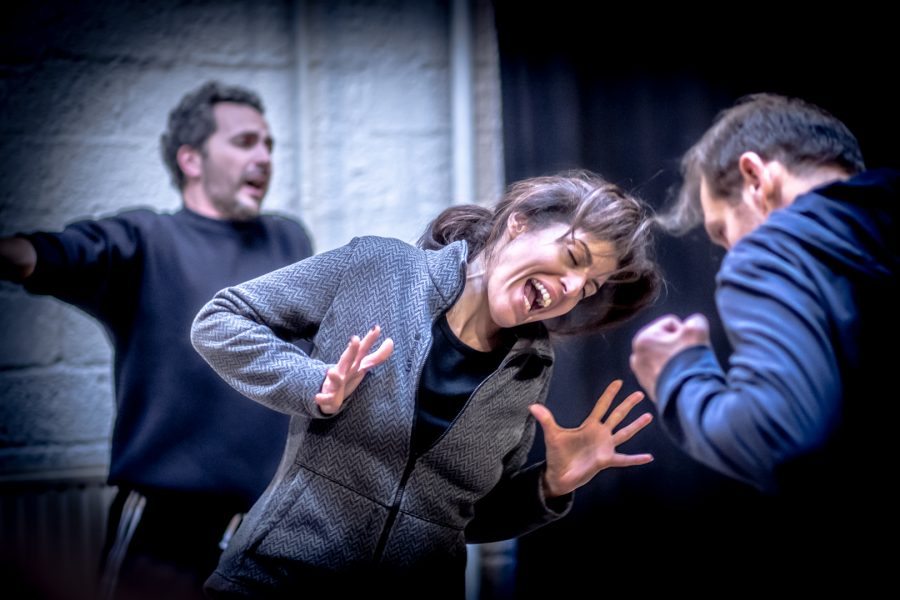
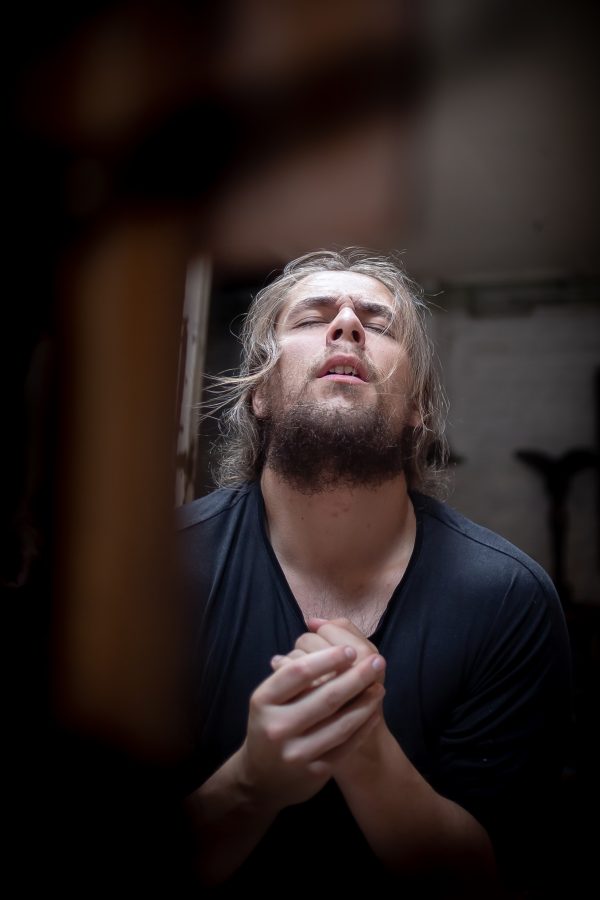
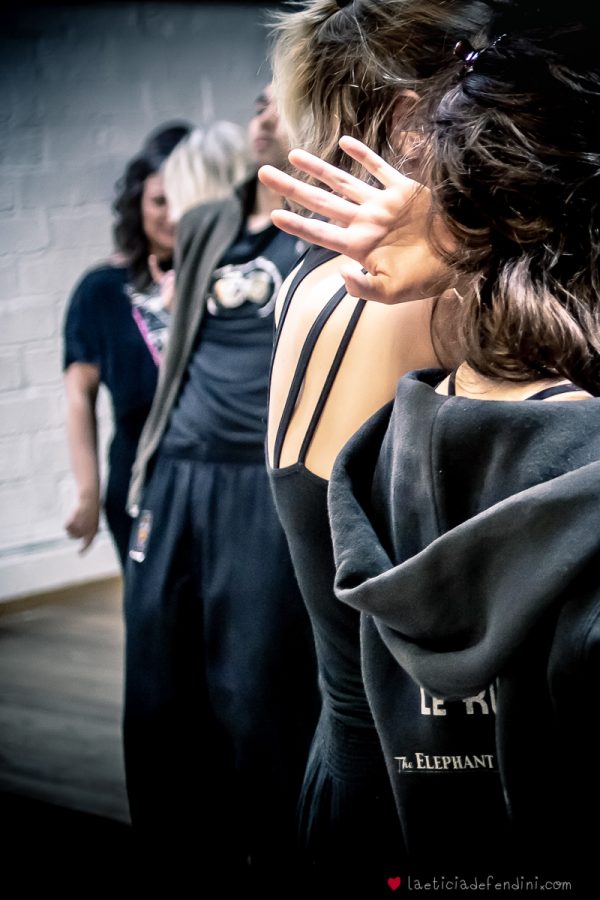
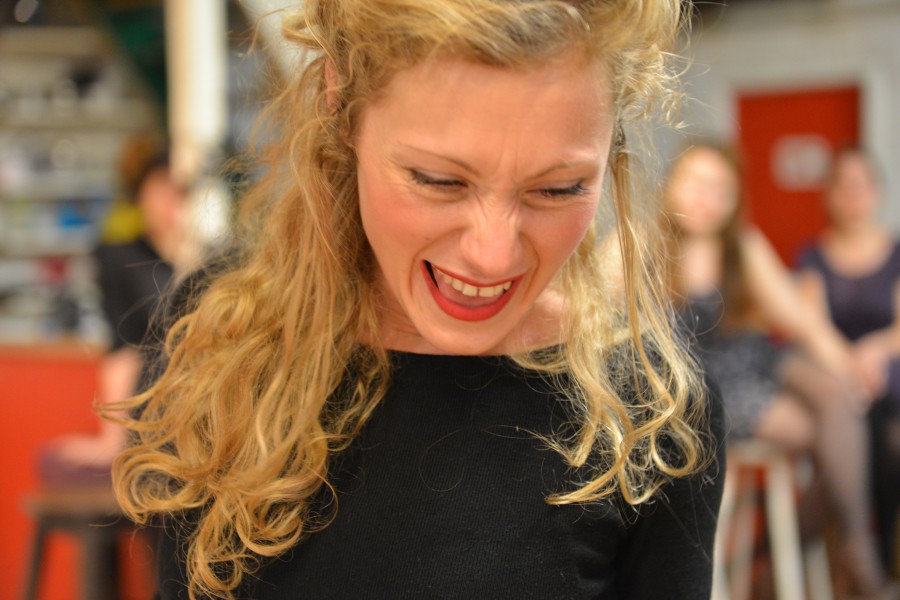
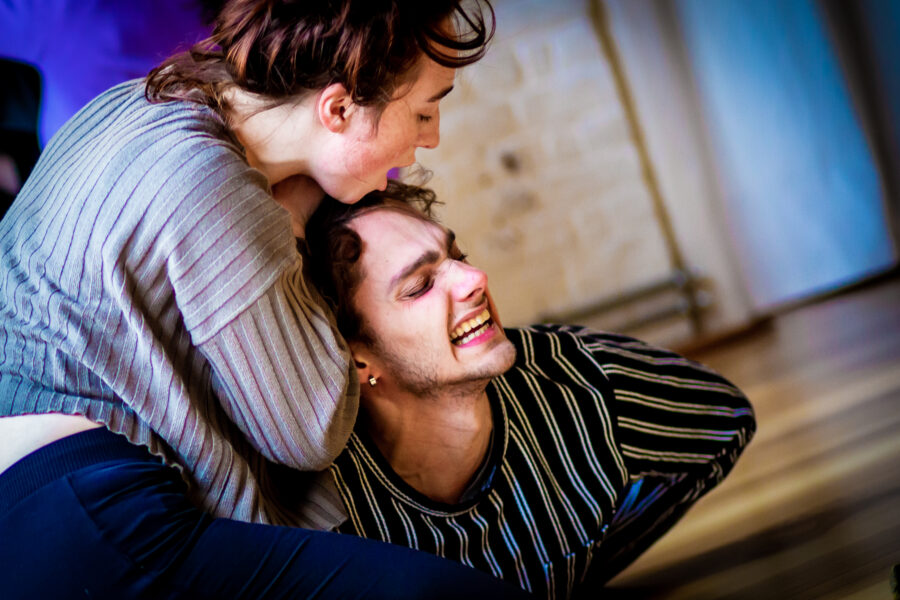
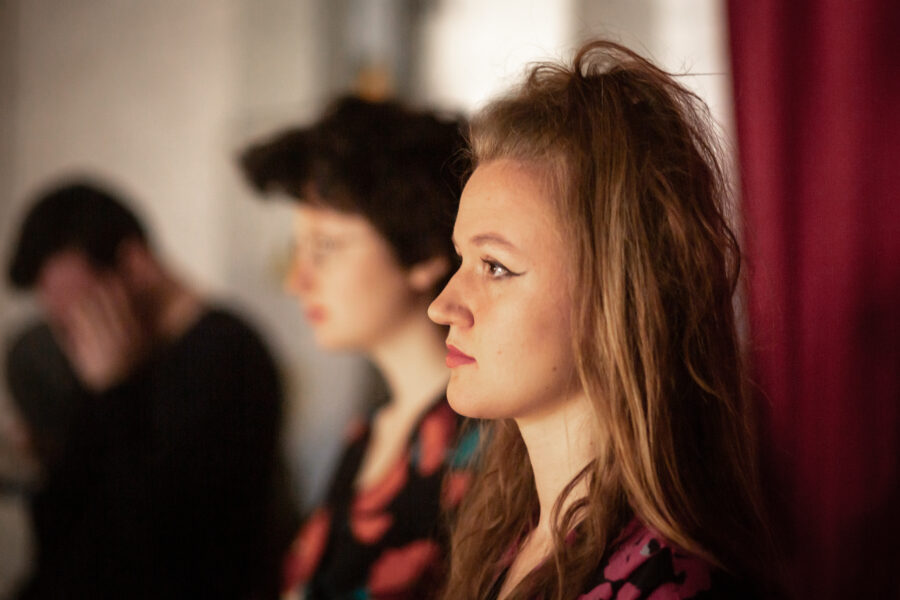
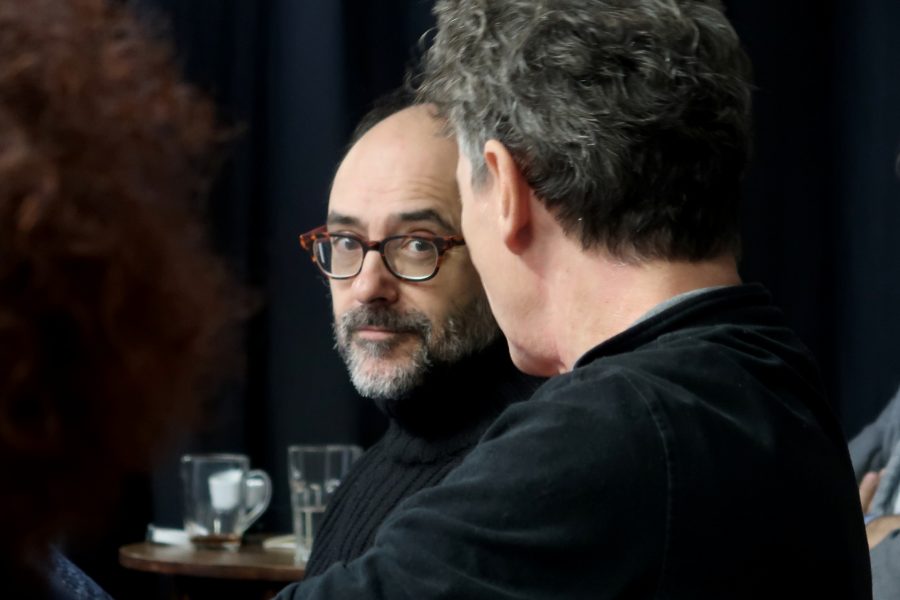
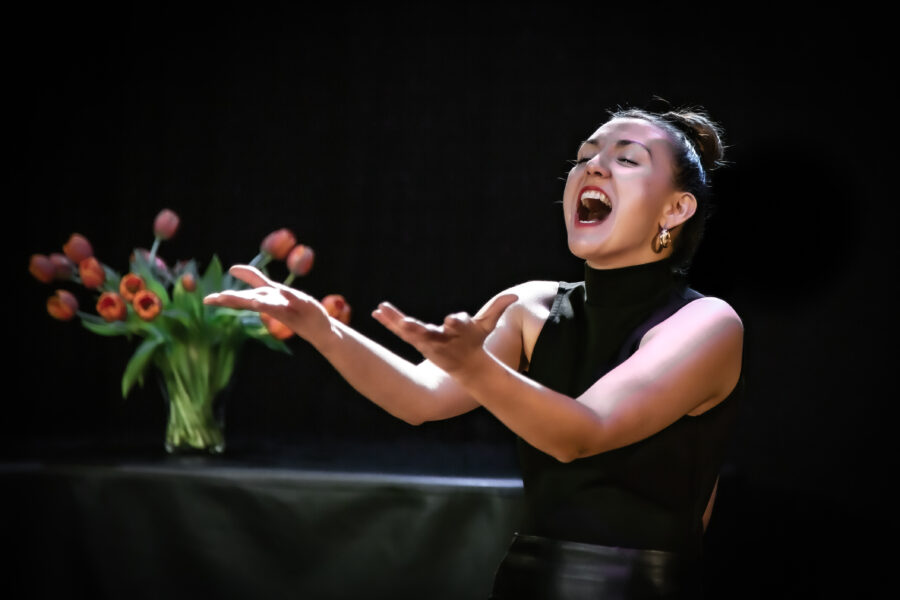
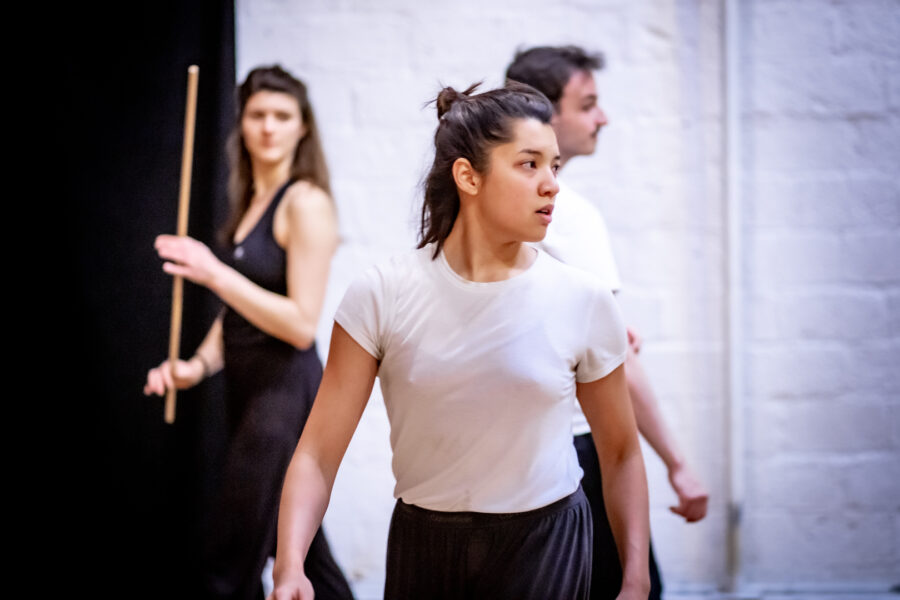
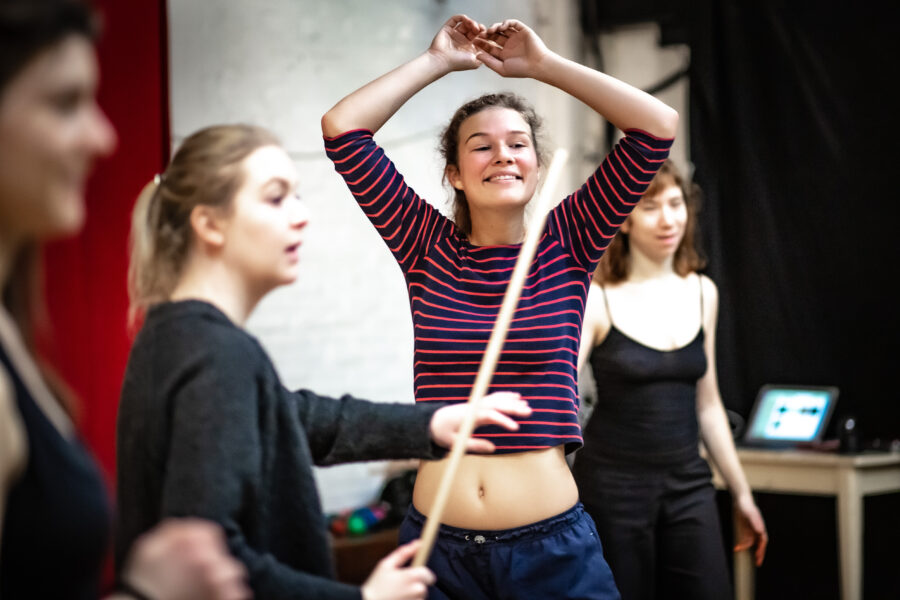
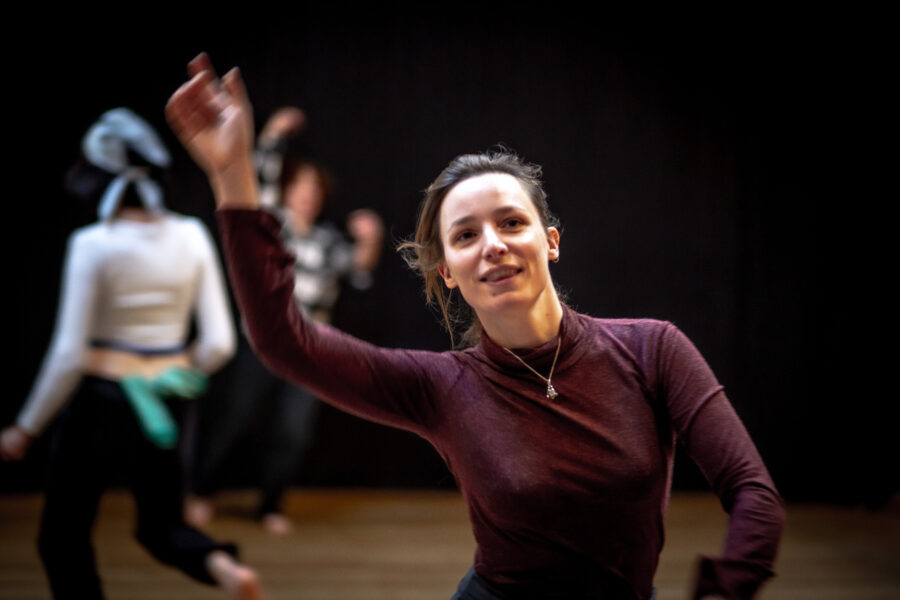
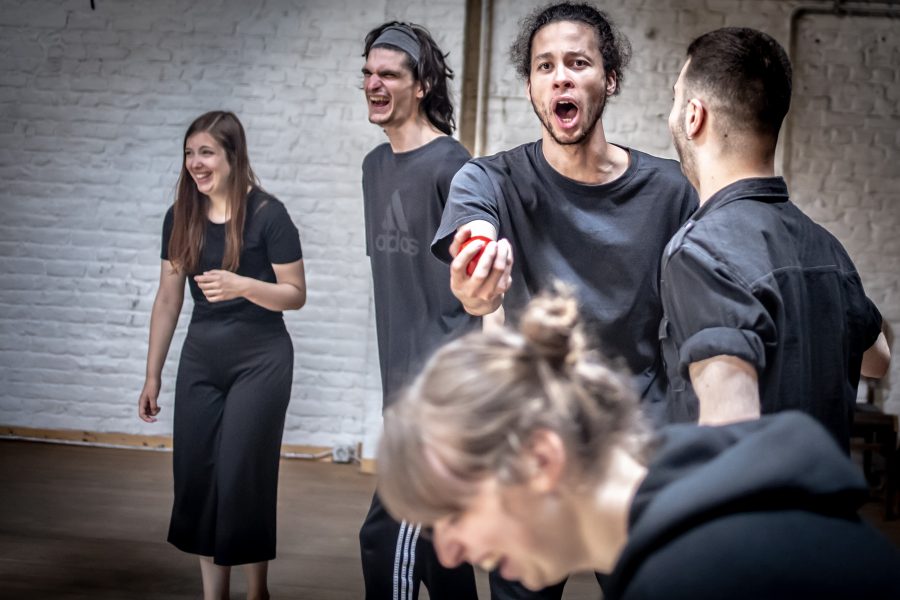
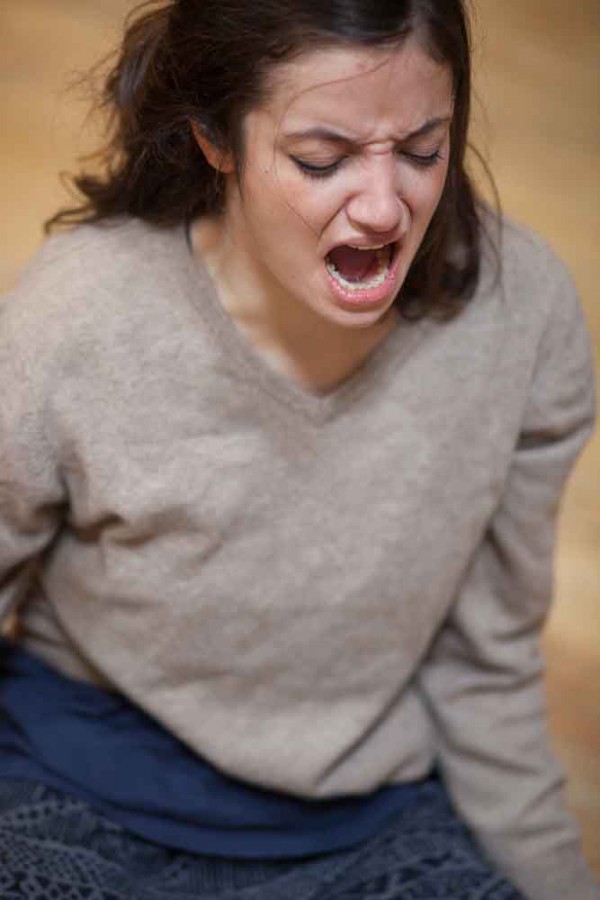
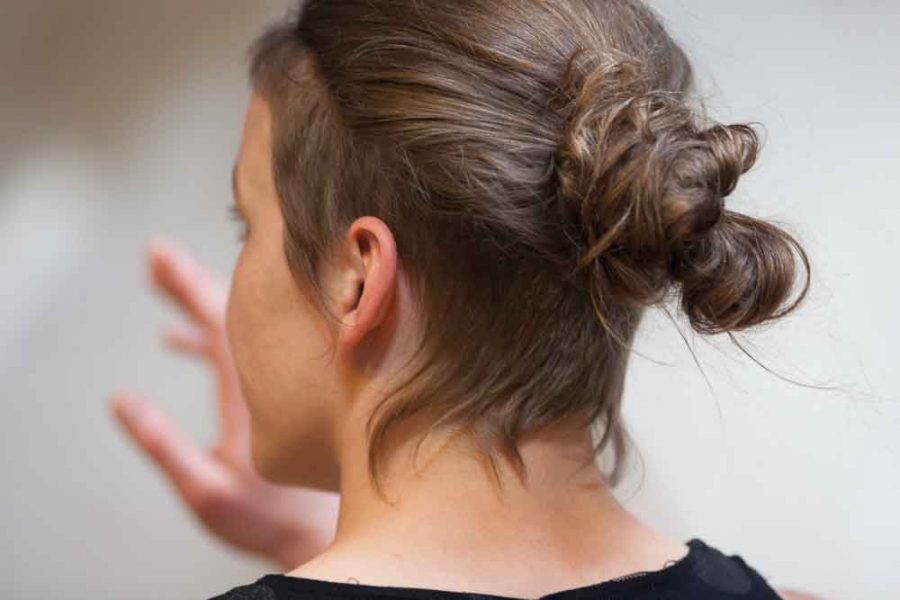
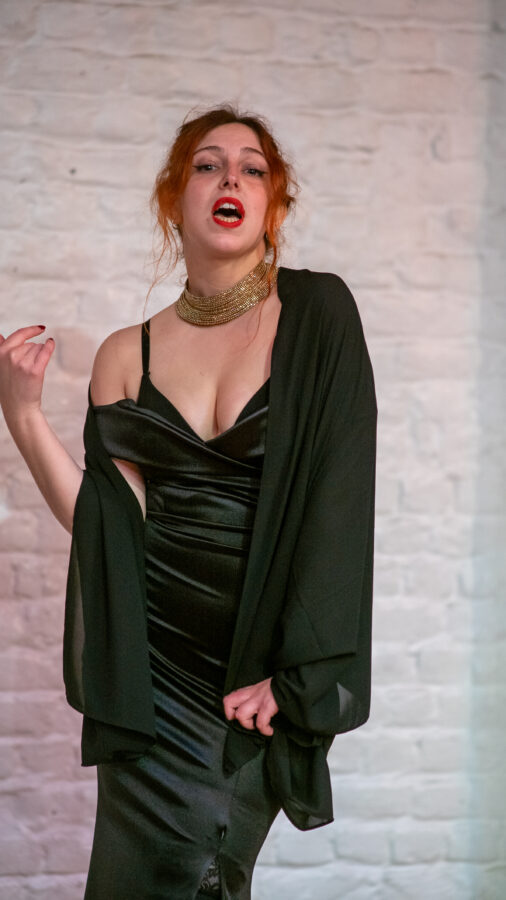
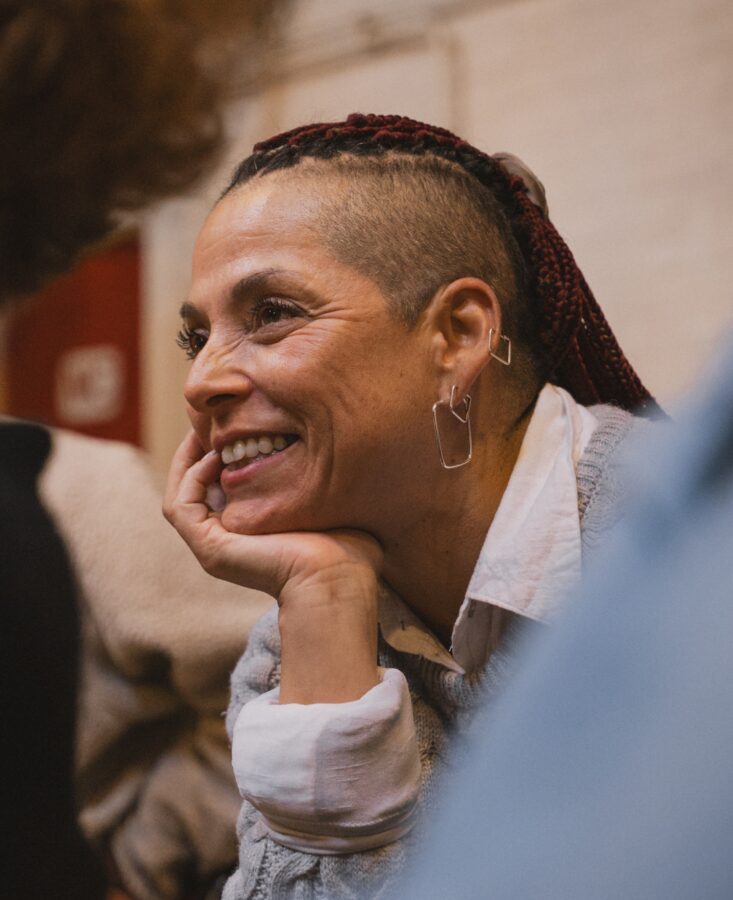
Towards a shining presence of the actor : initiation to Michael Chekhov's technique Natalie Yalon / from 22 October 2025 to 26 October 2025 - Brussels Belgium
Towards a shining presence of the actor : initiation to Michael Chekhov's technique Natalie Yalon / from 22 October 2025 to 26 October 2025 - Brussels Belgium
Michael Chekhov’s technique is an imaginative approach to experiencing the truth of the moment, which enables actors to access the creative individuality within. The psychophysical exercises deliver inspirational, organic means to achieve one's highest artistic aims. They develop the consciousness of a slight relationship between soul and body, opening the actor to impulses and images. These images spread inside the body and become “visible” to the audience through external actions. During the workshop, the participant experiences joy and ease in living on stage here and now, and discovers the true art of improvising.
"Transformation is what every actor consciously or unconsciously longs for." Michael Chekhov
The training provides the keys for:
NATALIE YALON
Artistic director, actress, acting teacher. First Prize in Drama from the Royal Conservatory of Liège, and a graduate in Philosophy from the ULB (Université Libre de Bruxelles). She specialises instage productionand Russian theatrical pedagogics in Russia: in Moscow’s Gitis (the Russian Academy of Theatre Arts) and the Vakhtanghov Institute; her teachers are Vladimir Skoritz, Andrei Droznin, Boris Rabey, Slava Kokorin. She is also following an intensive training programme at the Michael Chekhov Acting Studio in New York with Lenard Petit.
PRACTICAL INFORMATIONS
Contact and admission : studiochekhov(at)gmail.com
Phone number : +32 475 36 12 74
Schedule : from 10 am to 5 pm, depending on the program.
Location: Cellule 133, 133a avenue Ducpétiaux, 1060 Brussels.
Price : 350€.
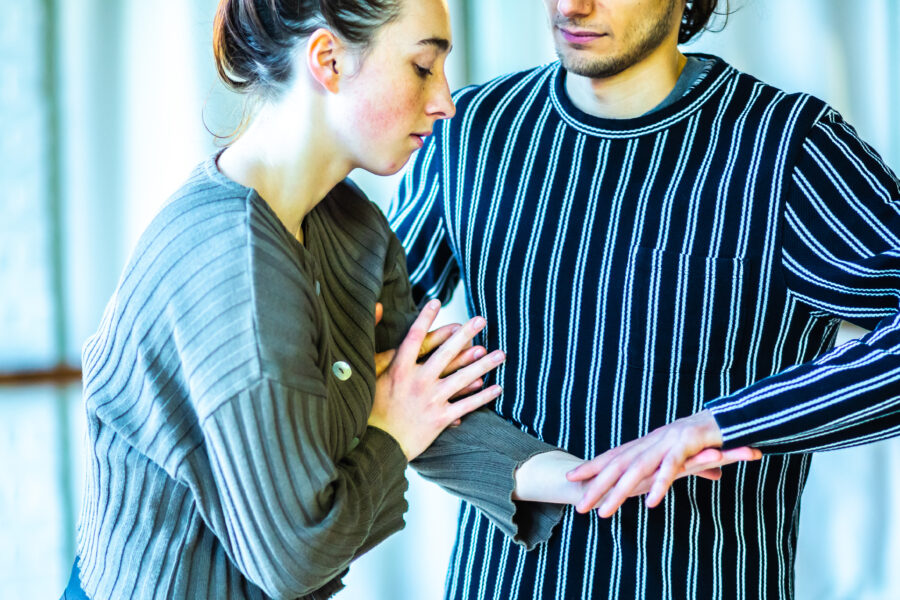 .
.
STAGE PRESENCE, PERFORMANCE & CREATION: INTENSIVE MULTIDISCIPLINARY TRAINING with Marjolein Baars, Quentin Chaveriat, Catherine Delasalle, Claude Magne, Jenny Pino Madariaga, Natalie Yalon / from 05 January 2026 to 27 March 2026 - Brussels Belgium
STAGE PRESENCE, PERFORMANCE & CREATION: INTENSIVE MULTIDISCIPLINARY TRAINING with Marjolein Baars, Quentin Chaveriat, Catherine Delasalle, Claude Magne, Jenny Pino Madariaga, Natalie Yalon / from 05 January 2026 to 27 March 2026 - Brussels Belgium
Registration is now open for our Comprehensive Training : Acting in Mindfulness January-March 2026.
The course is structured as a series of 11 week sessions or intensives. Each intensive meets five times a week. Our classes are given mostly in French.
This multidisciplinary training develops a 360° performance art. It includes intensive sessions of acting, voice, singing, dance, movement, butoh, clowning and performance. Favoring the path of feeling, it offers intuitive approaches to presence and creation, favoring the emergence of a new, trans-disciplinary, deeply connected and vibrant art of the living. The different modules stimulate vitality, consciousness, collective intelligence and the actualization of the potentialities of being. The training is aimed at practitioners of the performing arts of all levels, and at all actors and explorers of the present times.
OBJECTIVES
The training provides the keys to:
-Developing your stage presence and artistic language;
-Daring to play, create, and perform from your inner truth;
-Achieving a high level of creativity and energy;
-Fully inhabiting your body;
-Becoming a witness to your sensations, emotions, and thoughts;
-Developing listening and respect for your needs and limits.
-Experiencing sensitive, collective, and transformative experiences;
-Creating resonance between yourself, yourself, and the world;
-Leaving comfort zones to experience the mystery and the unknown in performance;
-Developing a new relationship with the stage and with life, a more fulfilling, open, expressive, and imaginative one.
PRACTICAL DETAILS
LOCATION: Cellule 133, 133a Avenue Ducpétiaux, 1060 Brussels.
DATES: January 5 to March 27, 2026.
Break from February 16 to February 20, 2026.
HOURS: Monday to Friday, 10:00 a.m. to 5:00 p.m.
PRICE: €3,300 including tax / 330 hours of classes.
ADMISSION REQUIREMENTS: Cover letter, portrait and full-length photo, contact information, date of birth, resume, and preliminary interview.
2026 INTENSIVE TRAINING SCHEDULE (tentative schedule to be confirmed later)
Week 1: January 5-9
Michael Chekhov Technique with Natalie Yalon
Week 2: January 12-16
Dance/Movement with Claude Magne
Week 3: January 19-23
Voice & Feldenkrais Technique with Catherine Delasalle
Week 4: January 26-30
Clown with Marjolein Baars
Week 5: February 2-6
Michael Chekhov Technique with Natalie Yalon
Week 6: February 9-13
Performance. M2 Teaching with Jenny Pino Madariaga
Week 7: February 16-20
Carnival Break
Week 8: February 23-27
Butoh with Quentin Chaveriat
Week 9: March 2-6
Michael Chekhov Technique with Natalie Yalon
Week 10: March 9-13
Dance/Movement with Claude Magne
Week 11: March 16-20
Michael Chekhov Technique with Natalie Yalon
Week 12: March 23-27
Preparation for Final Performances with Natalie Yalon
March 25 & 26: Workshop presentation evening for the public.

The Michael Chekhov Studio is an international centre for creation and training in the performing arts, situated in Brussels at the heart of Europe. It offers performing artists advanced training based on the organic truth of acting, the radiance of the presence, the mastery of energy and the sharpening of the imagination. It is based on the psycho-physical practices of Michael Chekhov.
Emphasizing the path of feeling in transmission, it offers intuitive approaches to presence and creation, fostering the emergence of a unique, transdisciplinary, deeply connected, and vibrant performing art. It paves the way for greater vitality, expanded consciousness, and the actualization of the potential of being.
Created in 2011 under the leadership of Natalie Yalon, in collaboration with the Michael Chekhov Acting Studio in New York, directed by Lenard Petit, the Studio has grown around a team of international masters. Over the years, it has welcomed hundreds of practitioners from France, Italy, the Netherlands, Guadeloupe, Chile, Iran, Africa, Canada, and the USA.
It is aimed at all practitioners, enthusiasts, artists, professionals, amateurs, and students who wish to begin or renew their approach to their art and their life.
"Transformation is what every actor consciously or unconsciously longs for." Michael Chekhov
The training provides the keys for:
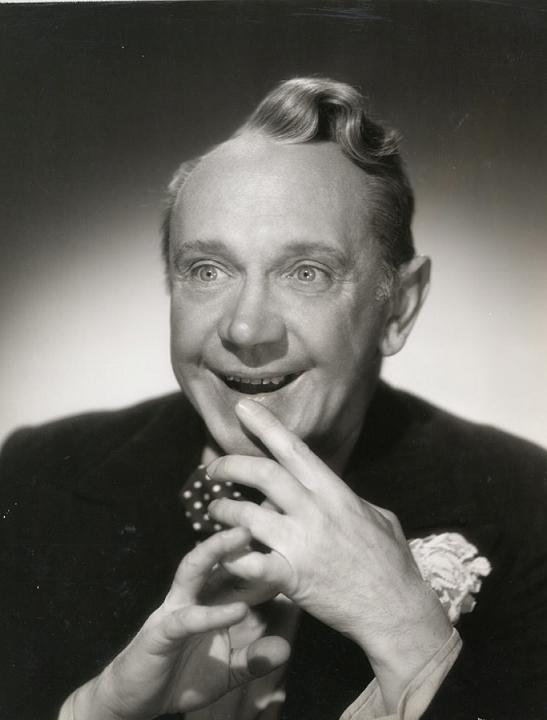
MICHAEL CHEKHOV (1891-1955) was an internationally acclaimed actor, director, and teacher. Nephew of the famous writer and dramatist Anton Chekhov, he was famous for his audacious talent and inimitable characterizations. Stanislavsky called him his “most brilliant pupil,” and likely altered his own acting system after Chekhov’s influence.
Marked by the Soviets for arrest, he escaped to the West in 1928. In exile, he impressed and astonished European and American audiences and critics with his tragic, comedic, and operatic roles and productions.
After his stays in Germany and France, he settled in England and co-founded the Chekhov Theatre Studio at Dartington Hall, where he further developed his method. In 1939, he relocated his studio to America, where he continued to train young actors and lecture to experienced professionals.
ABOUT THE CHEKHOV METHOD
The Chekhov method is a ‘psycho-physical approach’ to experiencing the truth of the moment. It is founded on creative principles, such as working with impulse, archetypes, atmospheres, sensations and gestures. Chekhov training and practice awakens and elaborates the actor’s artistic imagination, strengthens the capacity for intense inner action, and loosens habitual restrictions to expressive emotion. It delivers techniques and exercises that respect and unleash the actor’s highest nature. Professional application of the method satisfies the actor’s longing for transformation.
Characteristics of the method
The technique is psycho-physical, and always takes the external movement of the body as its starting point in order to create an inner life in a process that is profoundly alive and deeply connected to the here and now.
This technique aims at the organic presence through a purely physical imagination, economising on any prior psychology. Psychology and circumstances arise as a result of the process of embedding images or impulses, and are therefore used more as a starting point for the creation of life on stage.
Instead of tapping into his own personal history to create the character, the actor plunges into the reserves of his imagination and his subconscious. This considerably accelerates and facilitates the creative process.
With its recognition of the true nature of the actor-human being, the Chekhov training represents a healthy and dependable approach to freeing the actor’s talent and highest potential. Hand in hand with the development of the actor’s whole instrument, the method facilitates the acquisition of a comprehensive professional craft.
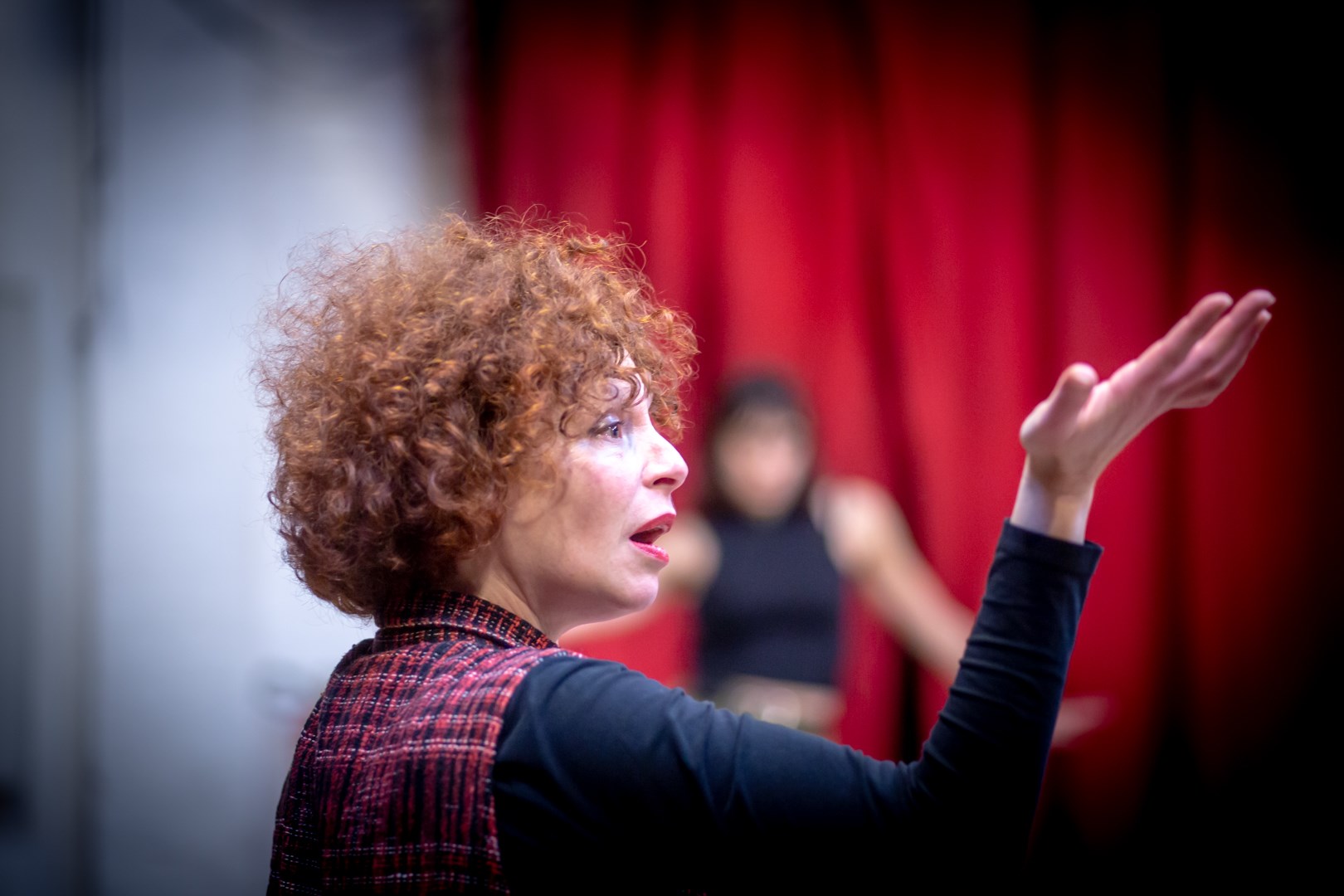

Songwriter and performer born in Paris. She travels a lot, and has many jobs before starting a career as an ambassador for French songs in Flanders. Alongside her career as a songwriter, she is interested in the voice in all its forms, and participates in many experimental projects. For many years she has been putting poetry into music and writing her own lyrics. The meeting with the Feldenkrais method offers him the ideal framework to develop his experiences, to continue to evolve and to start teaching. She has taught at the Lassaad International Theater School, at the Brussels Conservatory of Music, and conducts numerous workshops and workshops in Belgium and abroad.
http://www.catherinedelasalle.be/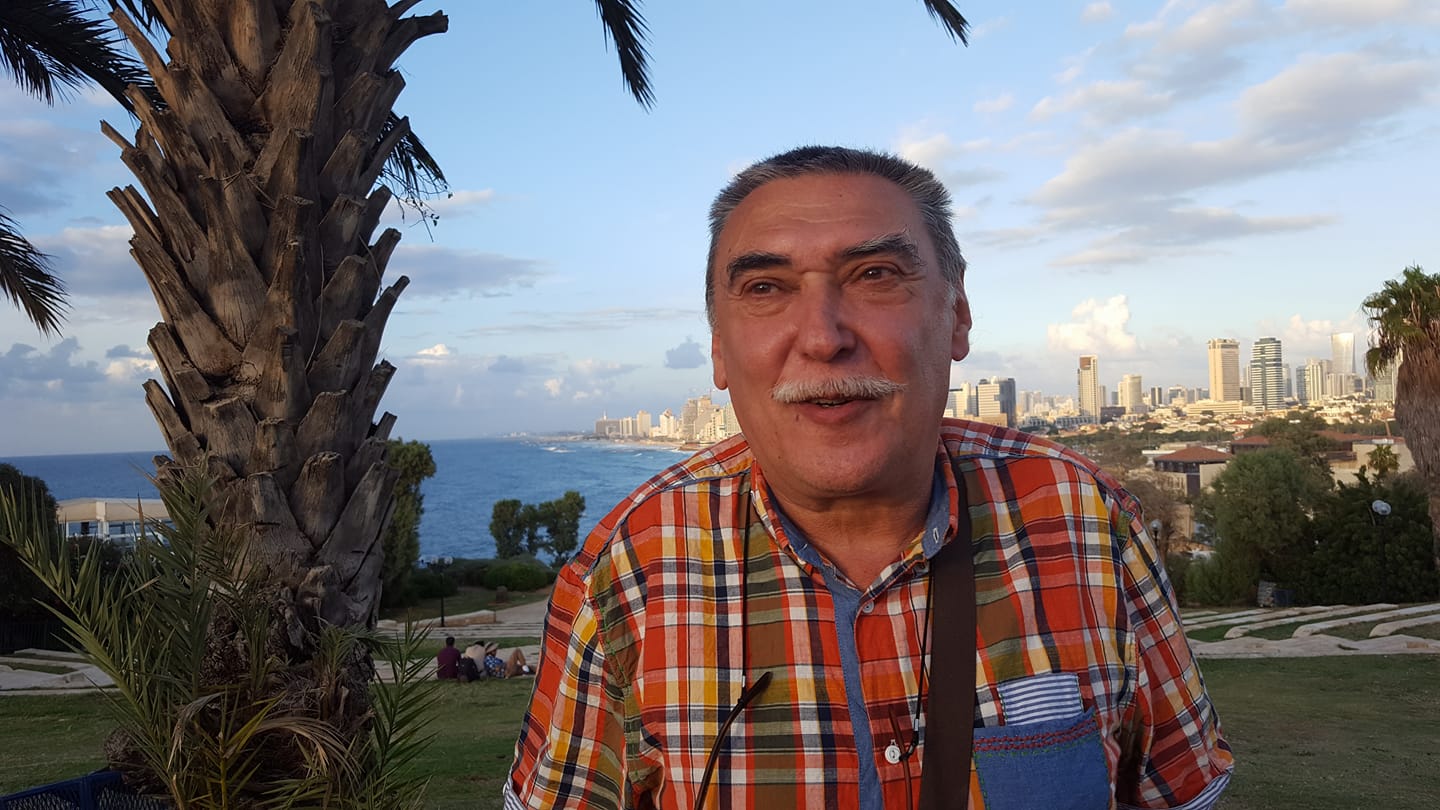
Boris Rabey graduated from The Russian University of Theatre Arts (GITIS) and from the State Institute of Culture, Moscow. Specialization: Directing of the Dramatic Theatre and Performance Pedagogy, under the direction of Maria Knebel (Stanislavski’s last assistant). Artistic Director of the « Masterskaya » Theatre (Moscow).
He has been invited to teach Master Classes and has staged over 30 productions in countries including Russia, France and Belgium.
He has been invited to teach at the Conservatory of Liège and at the Royal International Summer Academy. He regularly teaches at The Russian University of Theatre Arts .
Since 2006, he has directed over 10 serial dramas for Russian TV.
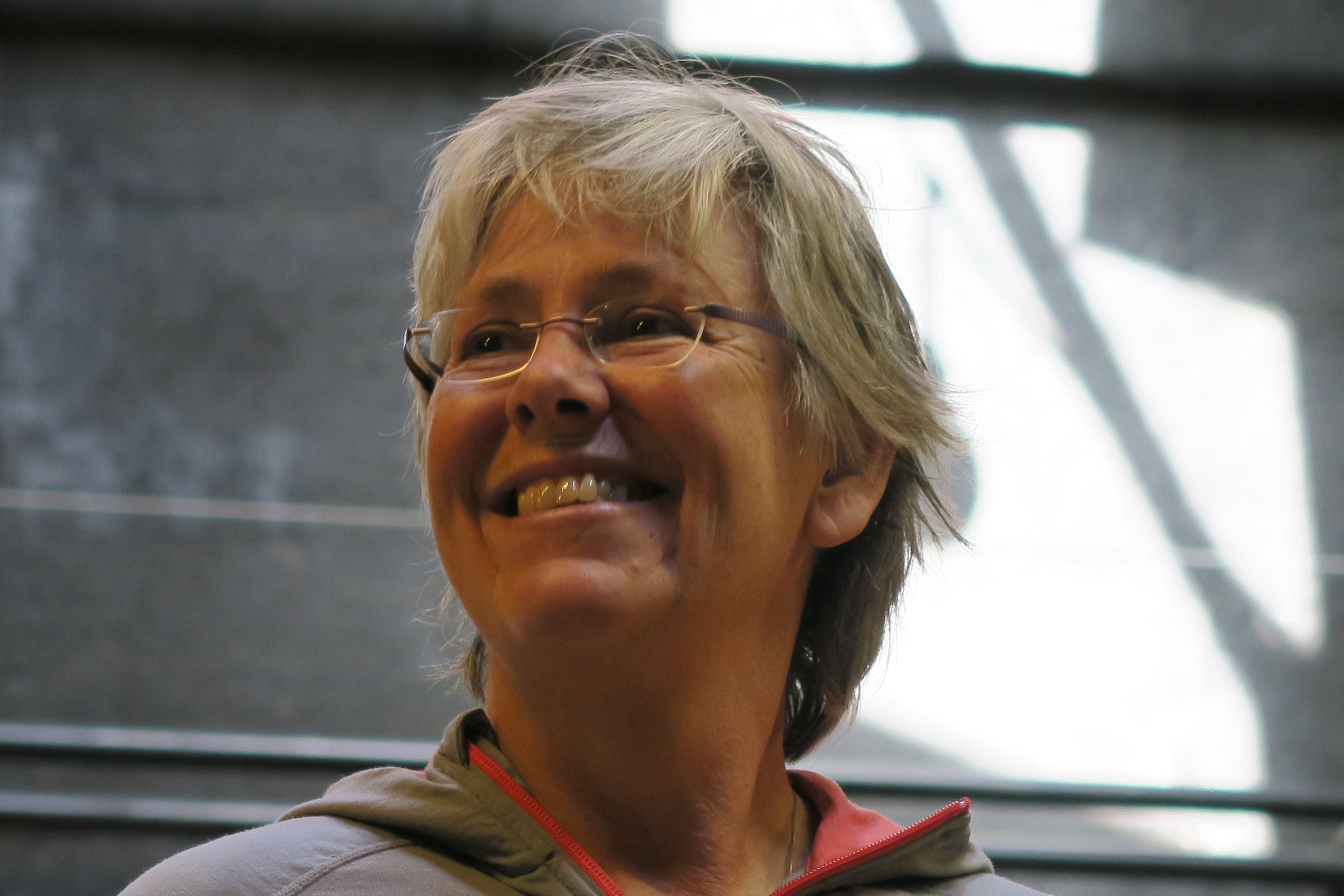
Marjolein Baars works with clown and Michael Chekhov acting technique since 1991. She creates performances, gives workshop all over the world (US, Australia, Russia, Turkey and Europe) and applies theatre tools to social fields such as dementia and health care. Her latest interest concerns the elements, the planet and how to contribute to a fundamental change in society. www.tinyhero.nl, www.destichtingkoffer.nl, or www.unitiative.nl
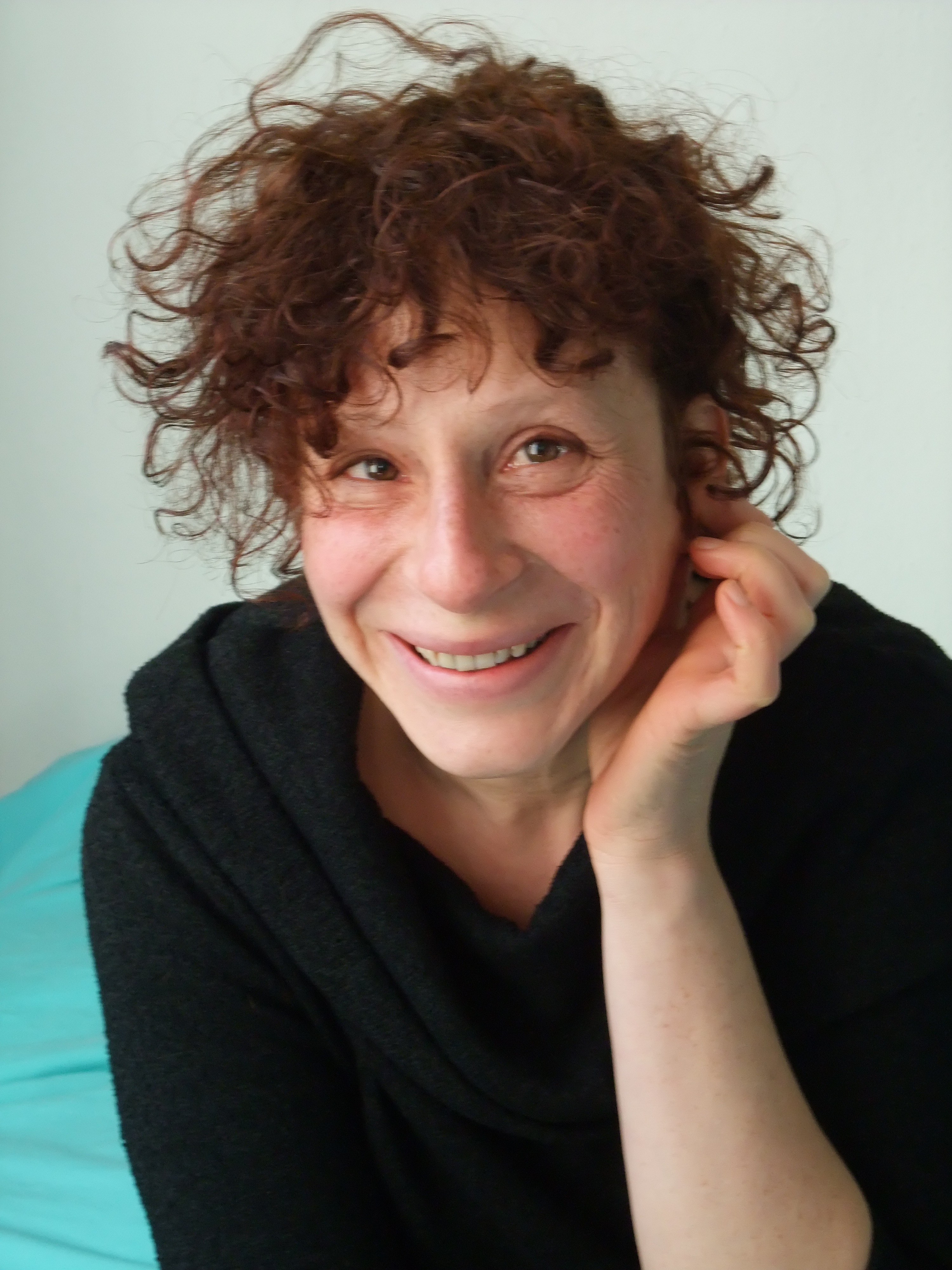
Following drama courses at INSAS in Brussels, at the Conservatory in Liège and Leipzig, and at Vassiliev's school in Moscow, Inbal Yalon has been an actress and a stage director for over 15 years. She is also a teacher and a coach for actors. She has worked with numerous stage directors in Belgium as well as in other countries. Having a Master in Linguistics and Foreign Litterature, she also translates litterary works or art-related texts.
Further, she is the co-author of Sex Politex, and the author of “L’histoire ludique et détaillée du Clitoris” (The Clitoris’ Playful And Detailed History), which she stages and plays in Belgium and abroad.
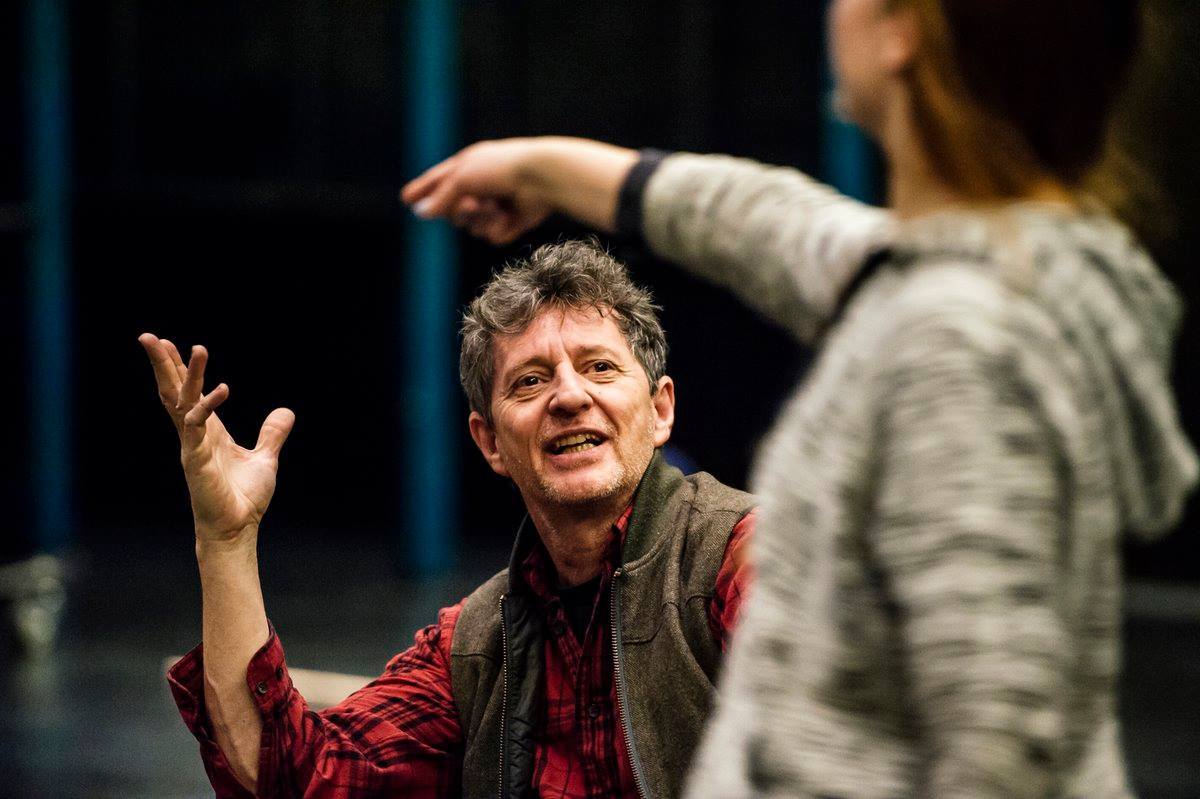
Lenard is an actor/director who resides in New York City. He has been working in the the theater for thirty years collaborating with other artists to create original works for the stage , cinema, and television. He has directed plays and performance pieces on and off Broadway and in as well as out of the United States. As an actor he has performed in some works of such notable directors as Julie Taymor, Meredith Monk, Richard Foreman, Ping Chong, and many others. Mr. Petit is the Artistic Director of The Michael Chekhov Acting Studio. As one of a handful of teacher students trained by the original members of Michael Chekhov’s Theater School his knowledge of the technique coupled with his gifts have brought him to be recognized as one of the foremost teachers of this technique in the world.
As a member of the international Michael Chekhov Association, he has been invited to teach Master classes at the Moscow Art Theater, The International School for Film and Television in Munich, Helsinki University, as well as acting workshops in Denmark, Amsterdam, Madrid, Berlin, Zurich, London , Riga, and Irkutsk Siberia. For the past 14 years he has been teaching Chekhov Technique in the MFA Acting program at Rutgers University.
Michael Chekhov Studio Brussels welcomes applicants who are undergraduate students or professionals within theatre and film. Please fill out all of the fields on below registration form.
We thank you in advance and will get back to you shortly.
Upon your admission, we will send you a confirmation letter with detailed information about payment, along with deadlines and other practical information about your participation.
* Note: by participating in one of our Master courses, you agree to take part in a work demonstration which will be open and presented to the public. By your participation, you have given us your agreement and permission (life-long term) to use any photo/video/audio with and of your contribution to the work. All of this material can be used in any and all PR contexts internationally. PR contexts include, but are not limited to: web, video presentation, radio, news and press sources, current and any other future social media sources.
